What's New
STAY UP TO DATE ON THE WORLD OF WATERFOWL HUNTING
Delta is your source for up-to-date news, podcasts, hunting strategies, recipes, duck dog stories, and hunting gear.
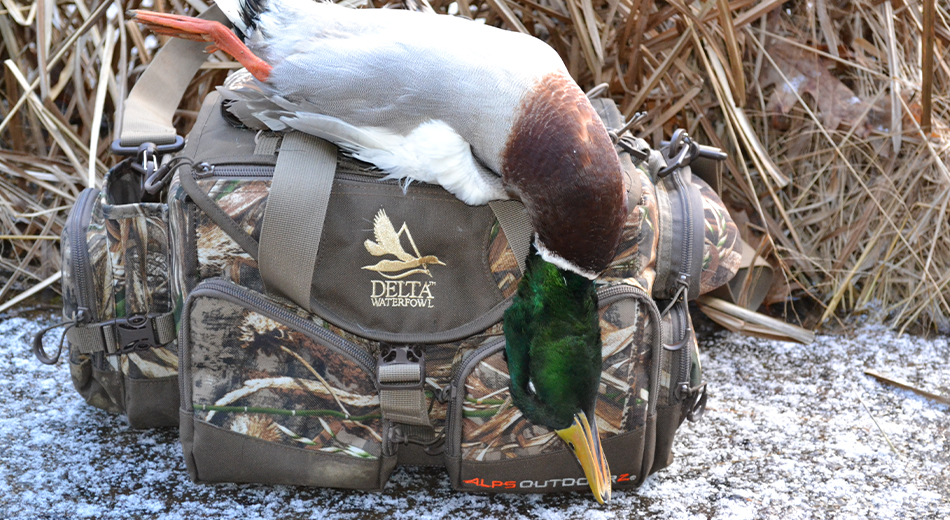
Find Ducks in the Late Season
1/20/2026
Ice and snow concentrates waterfowl and can make scouting easier. Here’s where to start your search.
Read more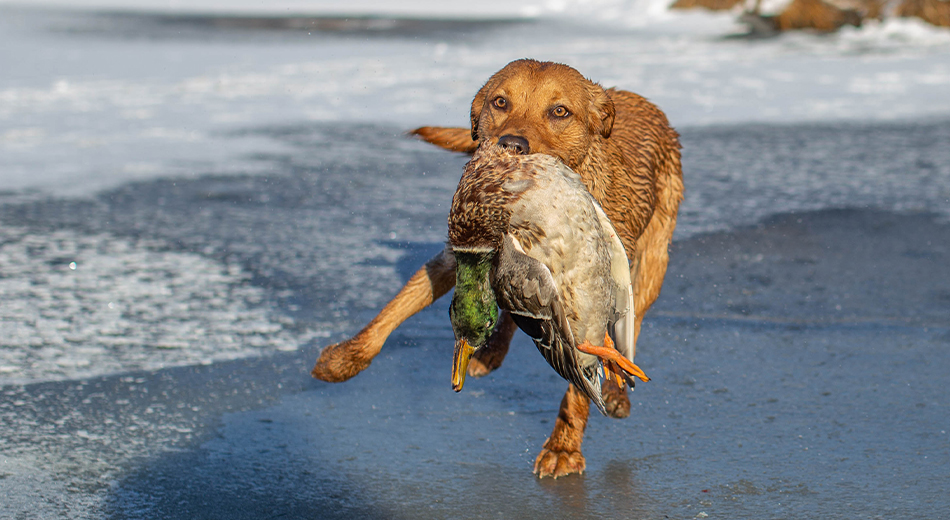
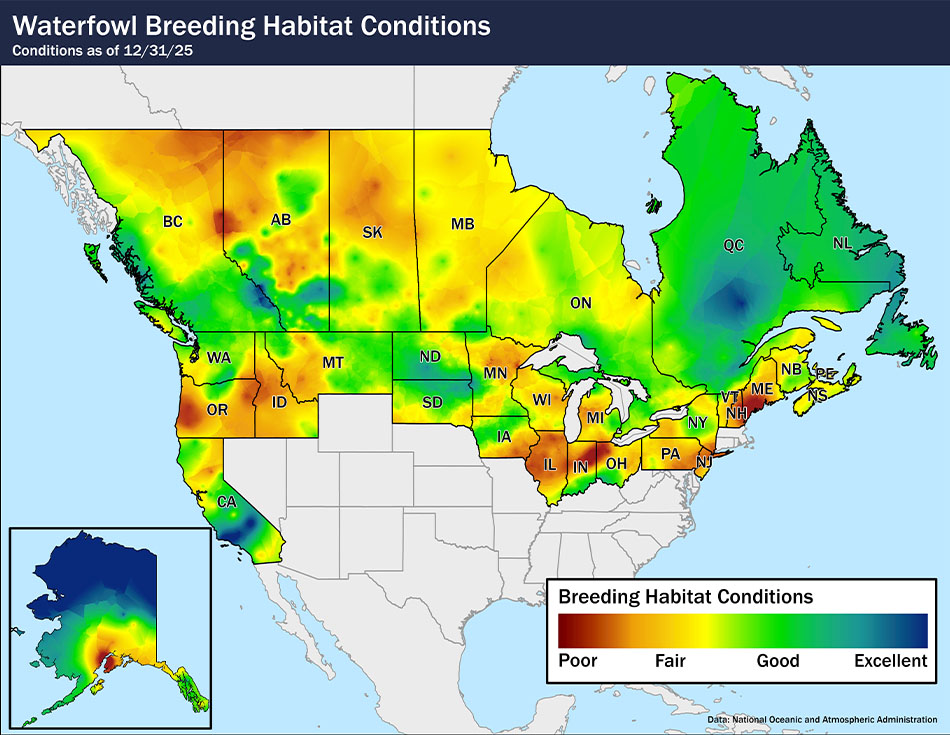
U.S. Waterfowl Breeding Conditions Primed for Spri...
1/15/2026
Western Canada remains in a prolonged drought, but there’s still time for more precipitation on the Prairie
Read more
Delta Waterfowl Applauds Secretary Burgum’s Order ...
1/14/2026
Action establishes an “open unless closed” stance for hunting and fishing
Read more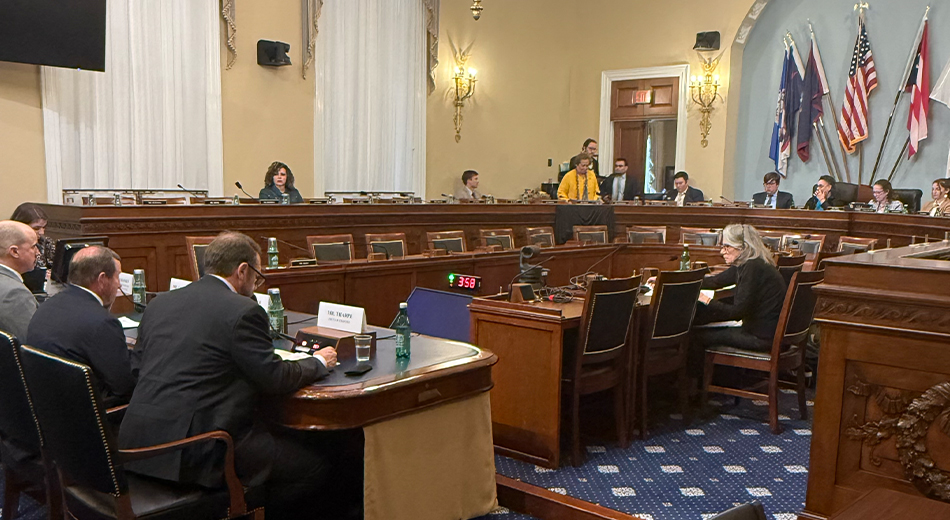
Delta Waterfowl CEO Testifies in Congressional Hea...
1/13/2026
Delta’s Jason Tharpe serves as a strong voice for ducks and duck hunters
Read more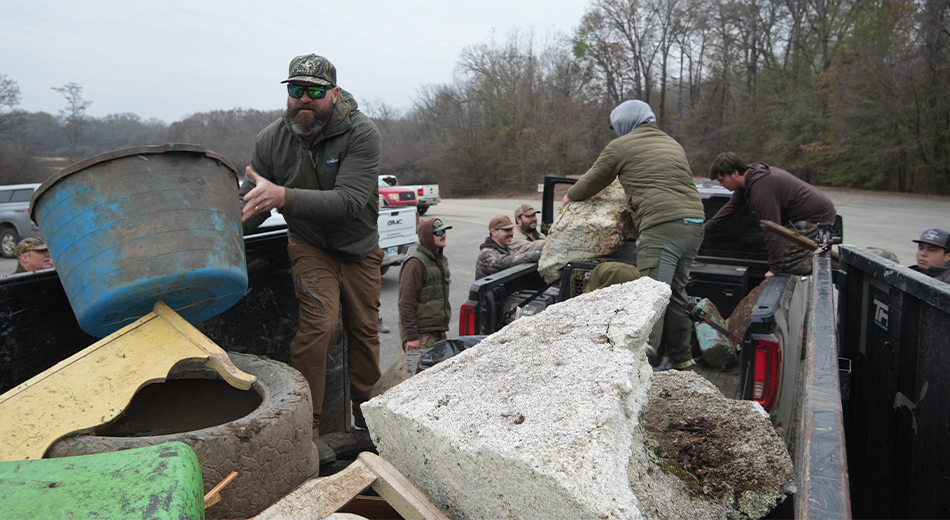
Delta Waterfowl Volunteers Plug into the Public Ti...
1/9/2026
An Arkansas nonprofit is mobilizing duck hunters to improve neglected public lands
Read more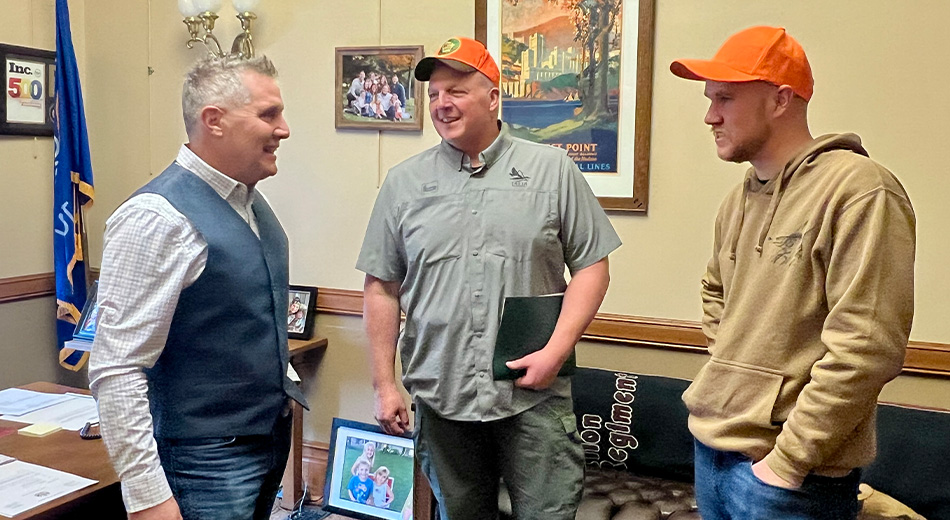
Delta Waterfowl Joins Partners to Advocate for Pub...
1/8/2026
Delta staff and volunteers participated in Camo at the Capitol Lobby Day in Madison
Read more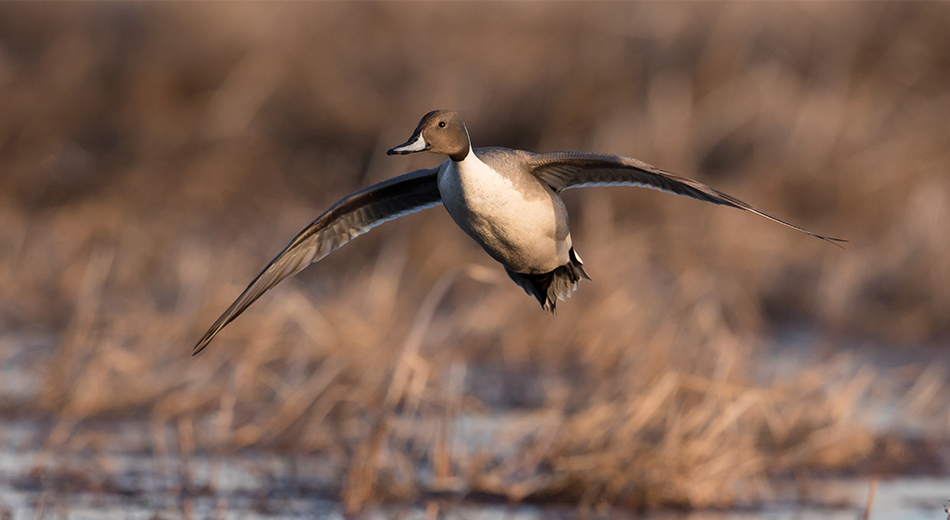
Delta Waterfowl Hires New Magazine Editor
1/7/2026
Illinois native Joe Genzel will lead the organization’s membership publication
Read more
A Christmas Tale: Break-In Day
12/17/2025
Christmas Eve in the duck boat sees peace on earth and good will to all — both lost and found
Read more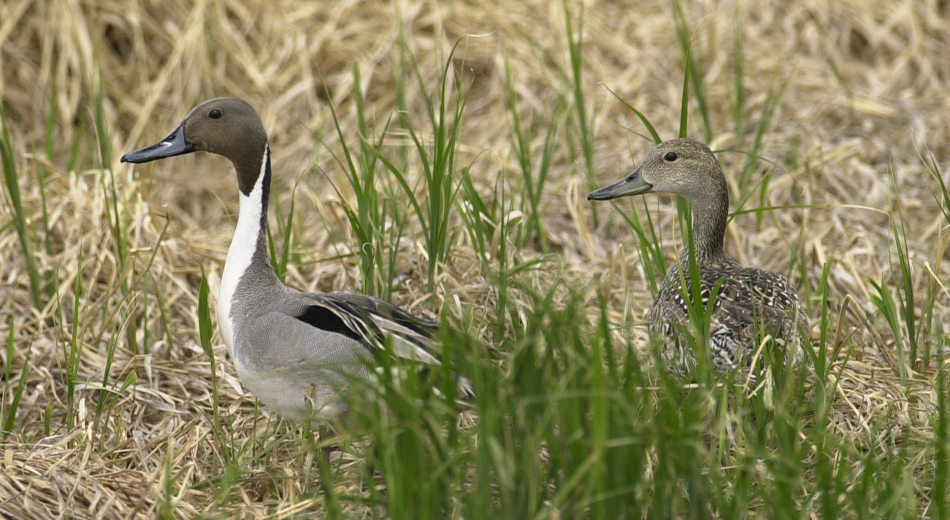
The Nomadic Northern Pintail
12/17/2025
‘Sprigs’ chart a wandering path shaped by early migrations, perilous nest options, and a changing landscape
Read more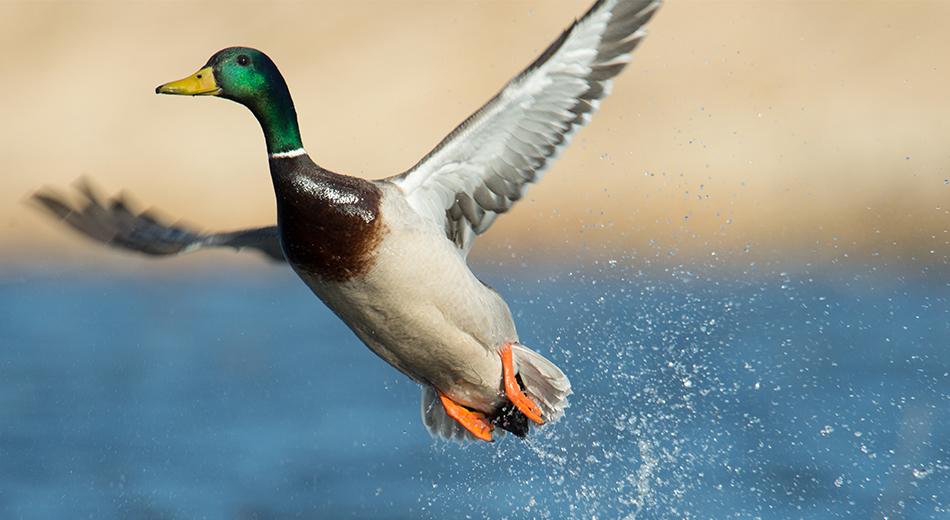
Float Your Way to More Ducks
12/17/2025
There’s a simple pleasure to guiding a canoe into the water and allowing the current do the work — and it’s a great way to drop greenheads.
Read more
Chris's Gift Giving Guide
12/8/2025
If you’re still looking for the perfect gift for the waterfowl hunter in your life, check out the list below, provided by Chris Williams.
Read more
Delta Waterfowl Testifies in Support of Wisconsin ...
11/21/2025
Wildlife populations thrive when they’re managed by sound science, which includes sustainable harvest
Read more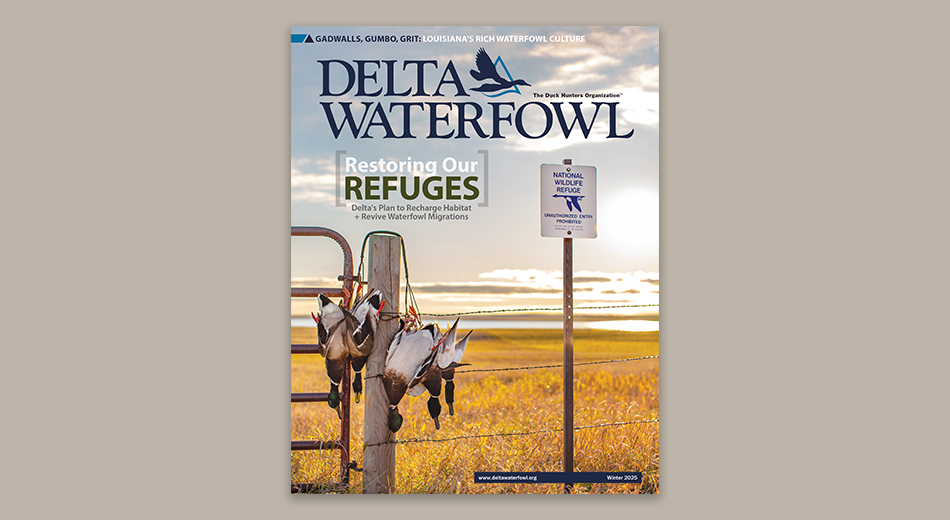
Delta Waterfowl’s Winter Issue: Major Refuge Reviv...
11/19/2025
If you’re a member of The Duck Hunters Organization™, Delta’s final magazine of 2025 is headed your way
Read more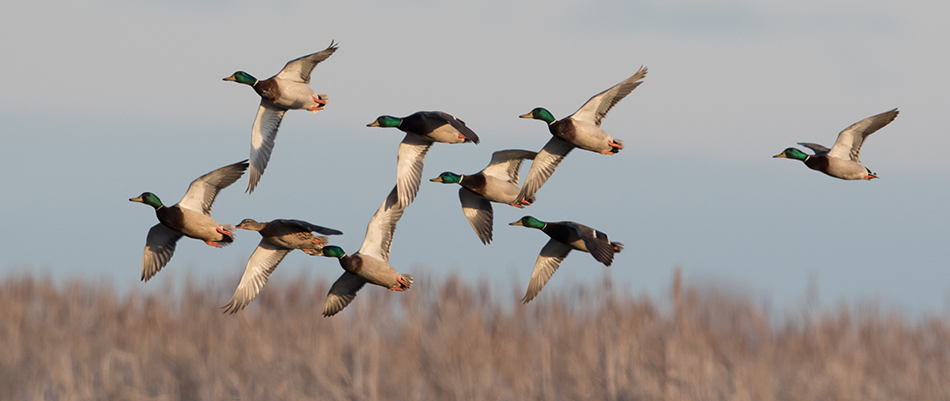
Delta Waterfowl Mourns Passing of Duck Calling Ico...
11/19/2025
Merle “Buck” Gardner, a world-champion duck caller and passionate supporter of waterfowl conservation, died Nov. 7 at his home in Memphis, Tennessee.
Read more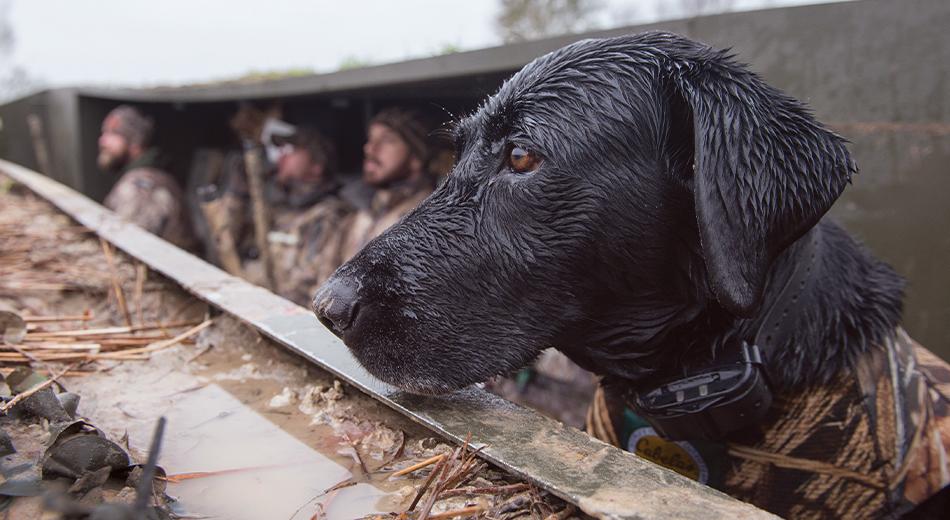
Protect Sensitive Ears
11/18/2025
Simple precautions can help your retriever avoid hearing loss
Read more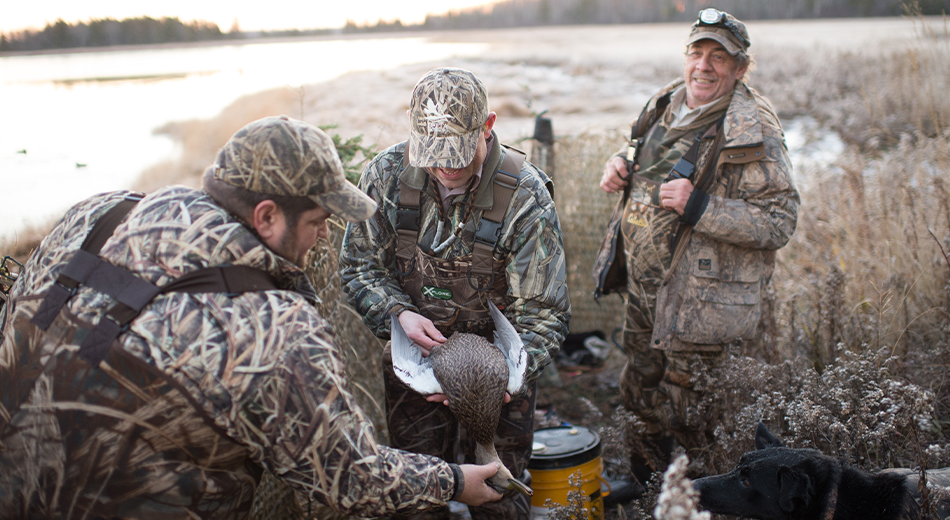
New Senate Stewardship Caucus to Protect and Expan...
11/18/2025
Vigorous Duck Production, HunteR3, and other Delta-supported efforts continue across the United States and Canada
Read more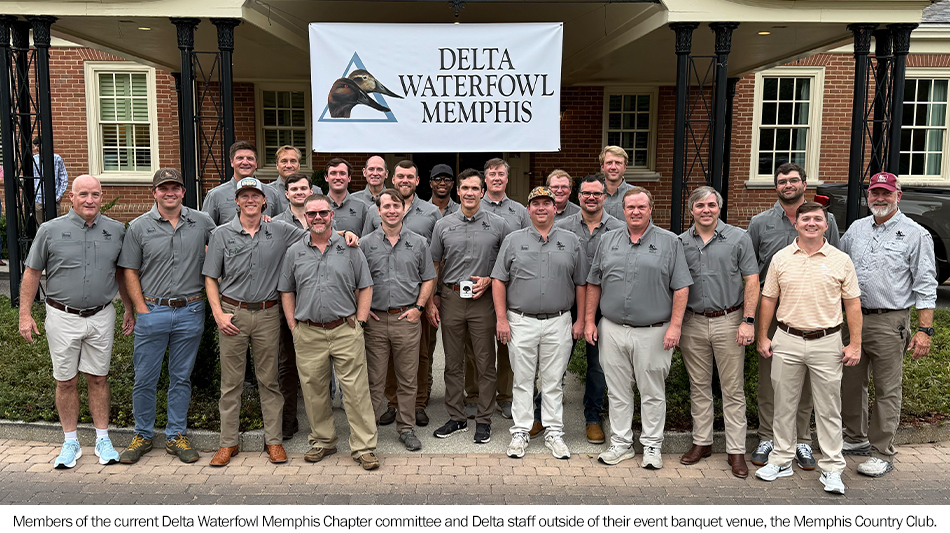
Delta Waterfowl’s Memphis Chapter Passes $3 Millio...
11/17/2025
With a record-setting 2025 banquet and decades of dedication, the chapter continues to lead in Delta’s fundraising network
Read more
Delta's Policy Work Boosts Quality Hunting Opportu...
11/14/2025
Delta Waterfowl works diligently to address threats to duck hunting and to create new opportunities throughout North America.
Read more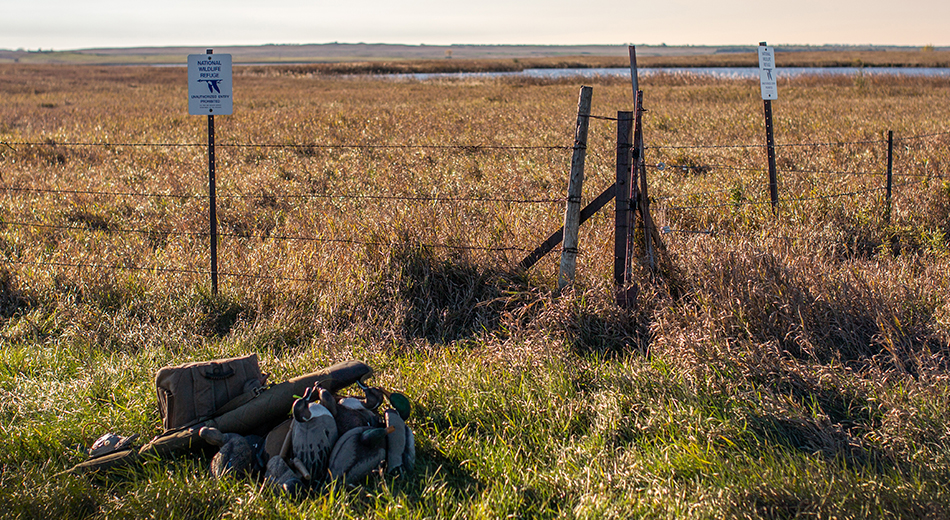
Restoring Our Refuges
11/14/2025
Delta's plan to recharge public habitat and revive waterfowl migrations
Read more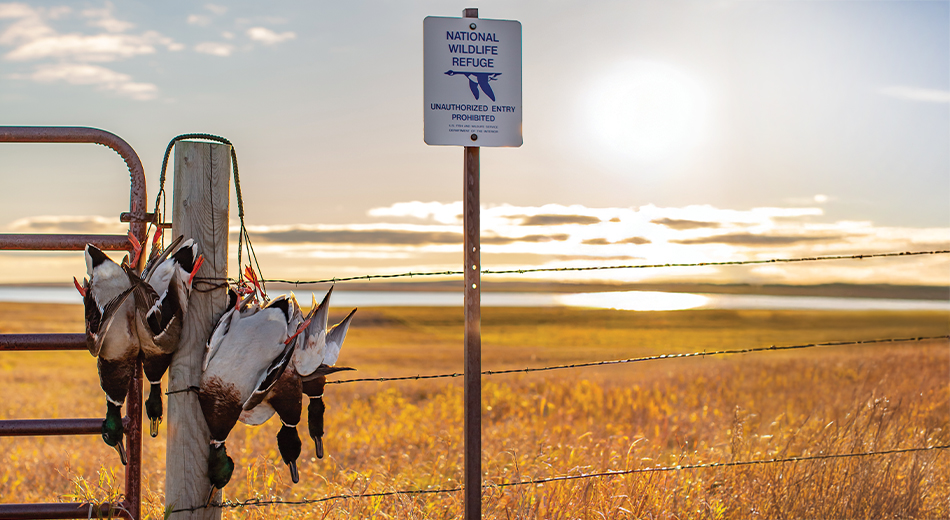
Delta Waterfowl Launches Major Initiative to Resto...
11/14/2025
Our goal is to improve waterfowl hunting throughout North America by investing more resources into public lands
Read more
Fresh Finds for the Duck Blind
11/12/2025
Everything you need to make this duck season your best one yet.
Read more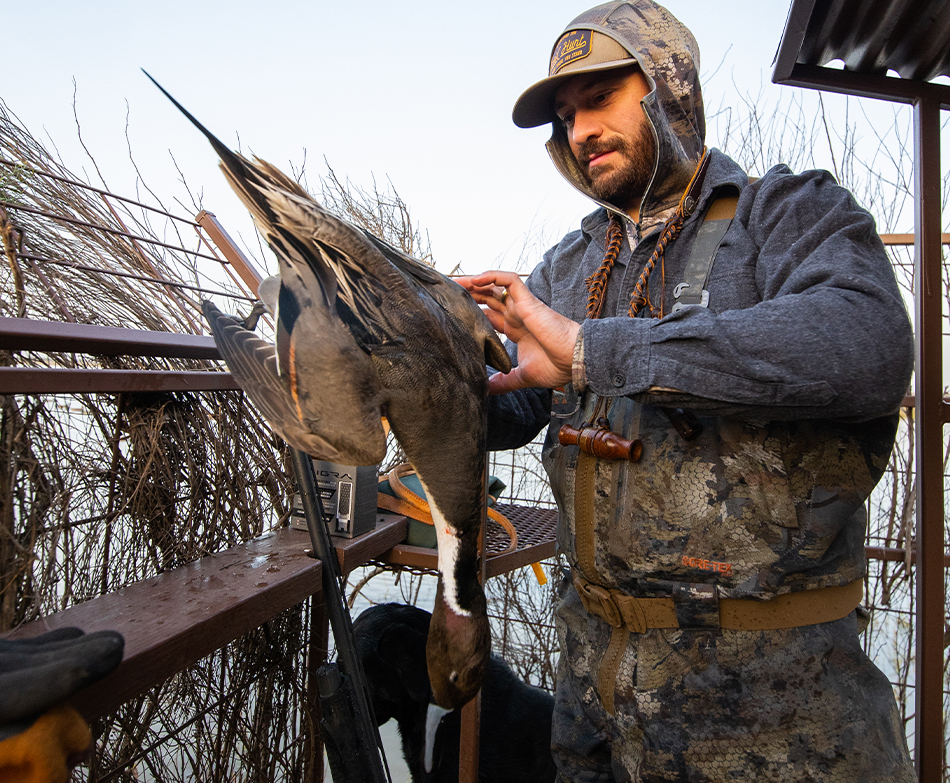
Waterfowl Hunter Numbers Drop
11/4/2025
Reports reveal slight decrease from prior season, duck harvest also dips
Read more
The Well-Equipped Mentor
10/28/2025
The pros/cons of neoprene and breathable materials can help you find the right waders for you
Read more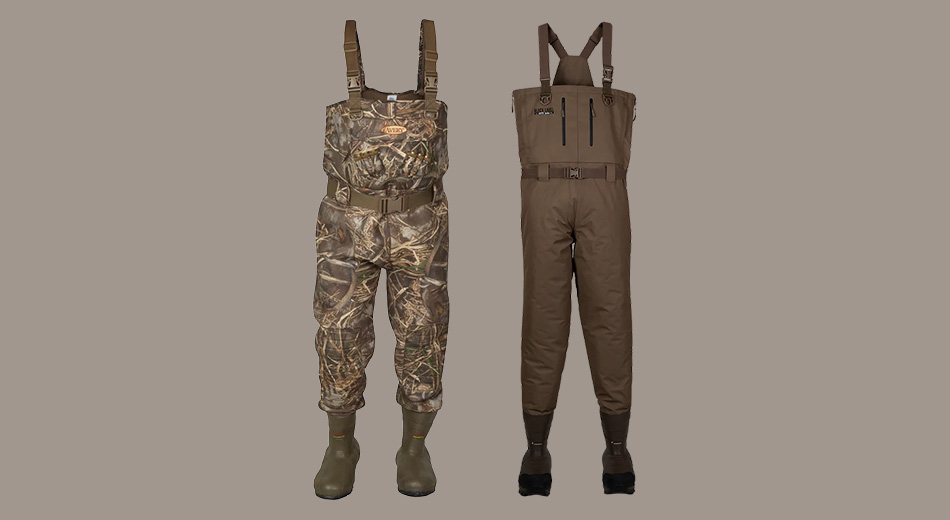
Get Wader Wise
10/28/2025
The pros/cons of neoprene and breathable materials can help you find the right waders for you
Read more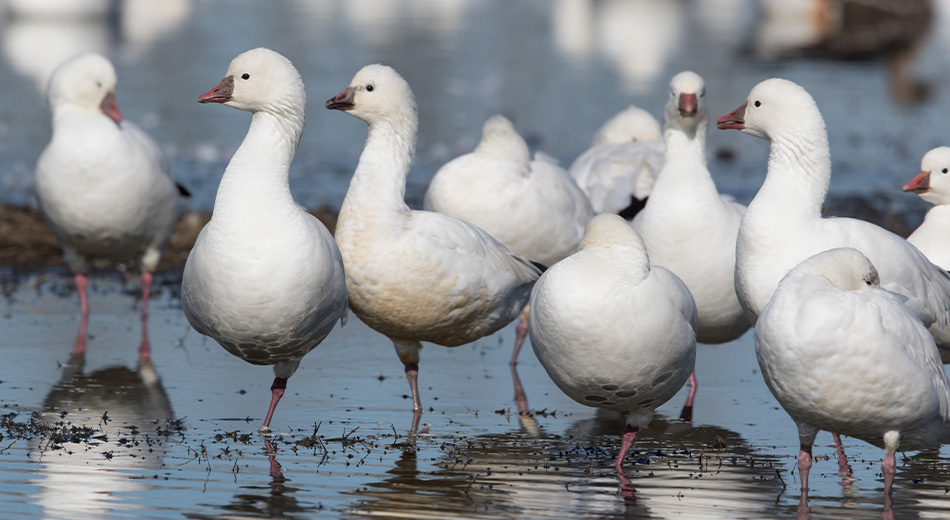
Goose Groups
10/28/2025
Are you typically able to make an educated guess about where a flock of honkers flew in from? Or where they’re headed? See if you can match each goose
Take quiz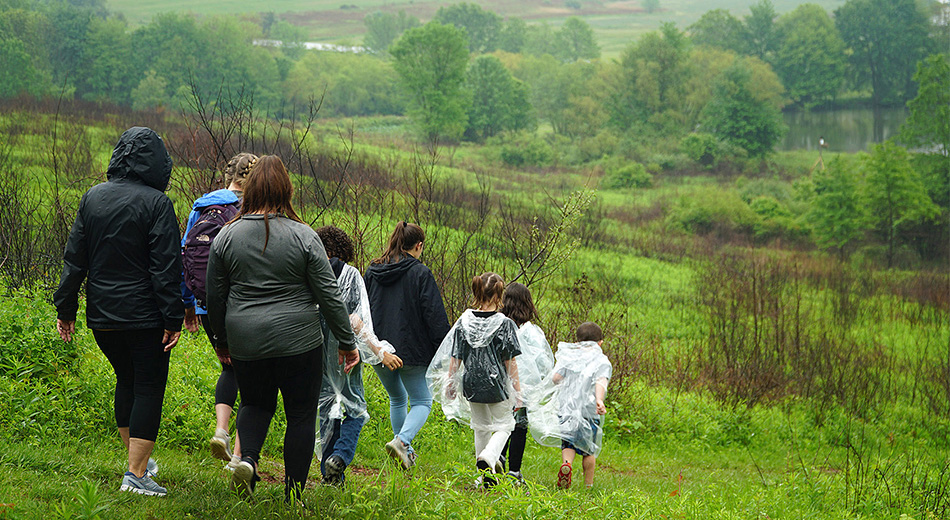
Connecting Through Conservation
10/28/2025
Delta Waterfowl staff, volunteers, and partners bring waterfowl science to special needs students in Pennsylvania
Read more
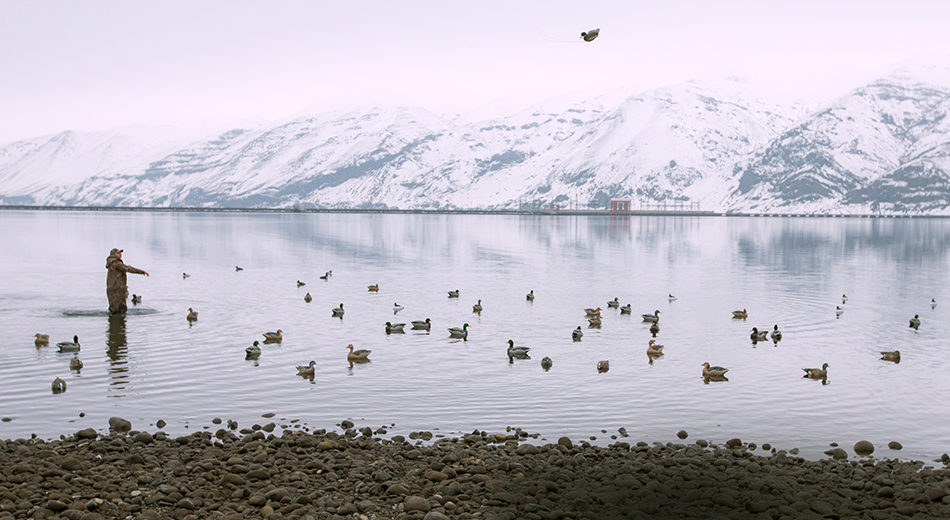
The Heart of Hunting
10/23/2025
A first hunt reveals the strange mix of joy and sorrow that can accompany a bird in hand
Read more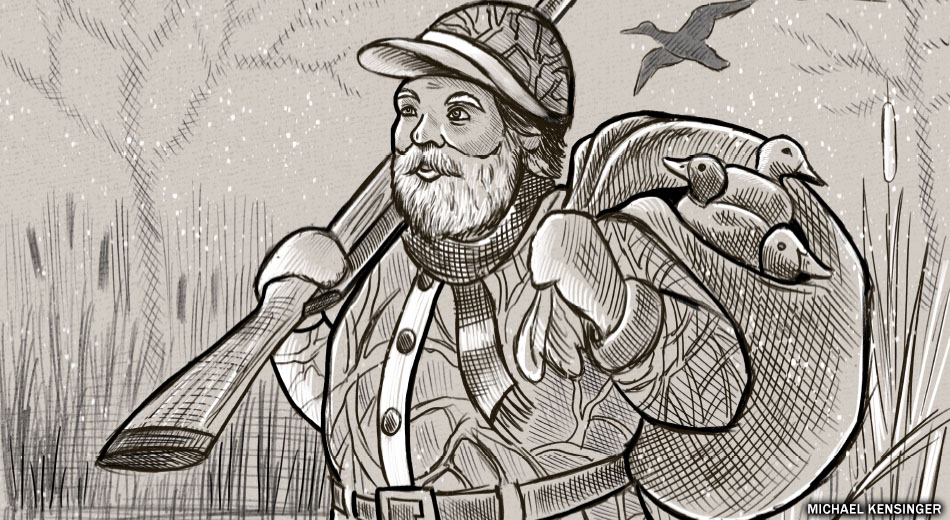
Feliz Navi-Duck
10/23/2025
Halloween, Thanksgiving, and Christmas carry added meaning for us waterfowlers
Read more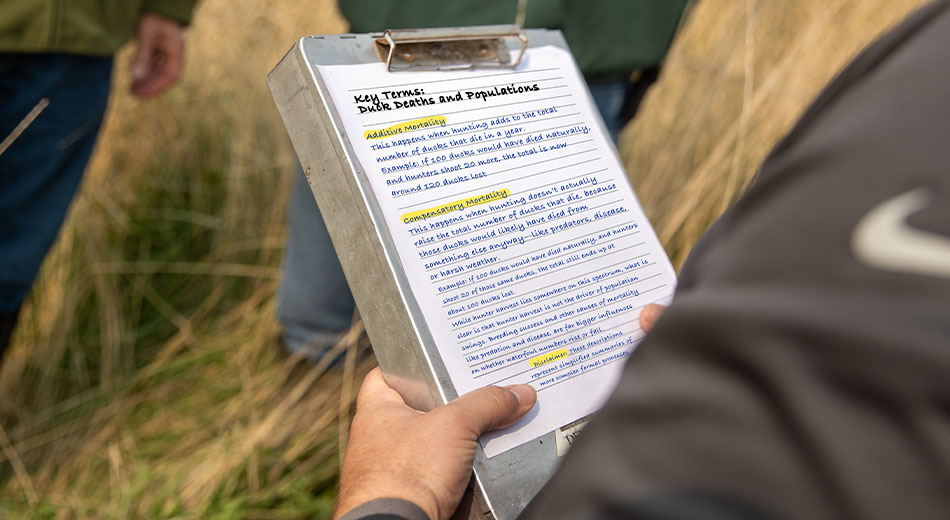
Hunt Ducks, Lose the Guilt
10/23/2025
What does the science say about the impact of hunter harvest on waterfowl populations?
Read more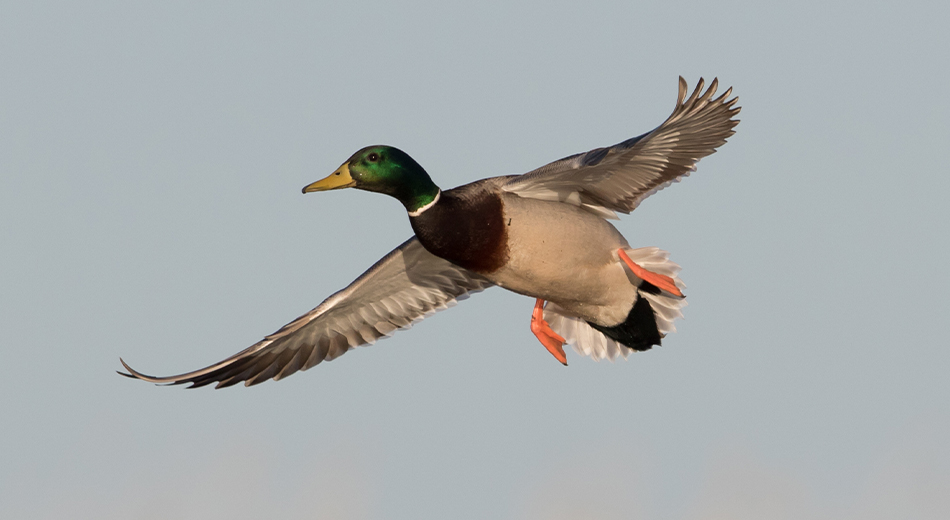
Delta’s Meetings With the CEQ Chair and USFWS Dire...
10/22/2025
Vigorous Duck Production, HunteR3, and other Delta-supported efforts continue across the United States and Canada
Read more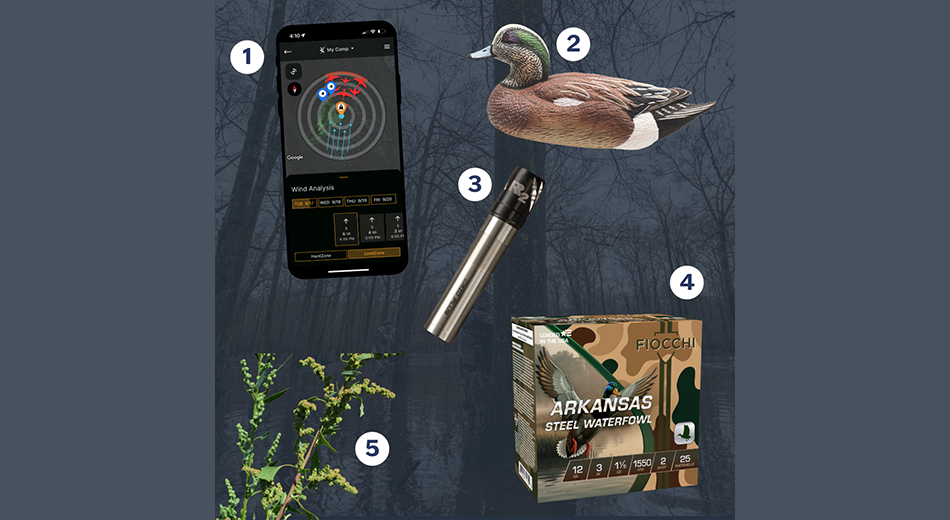
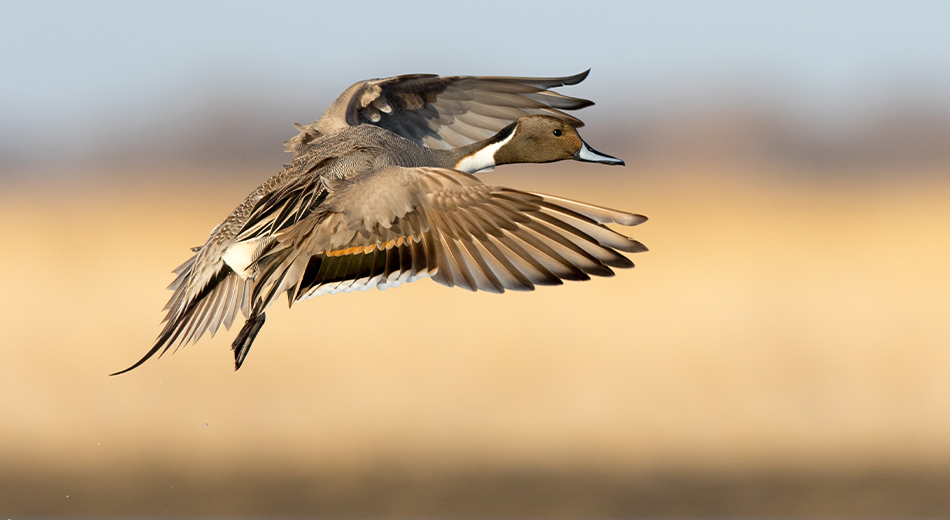
California End of Legislative Session Summary
10/14/2025
Delta Waterfowl’s policy team had a busy and productive year in California. We engaged in a variety of bills from waterfowl conservation and wetlands
Read more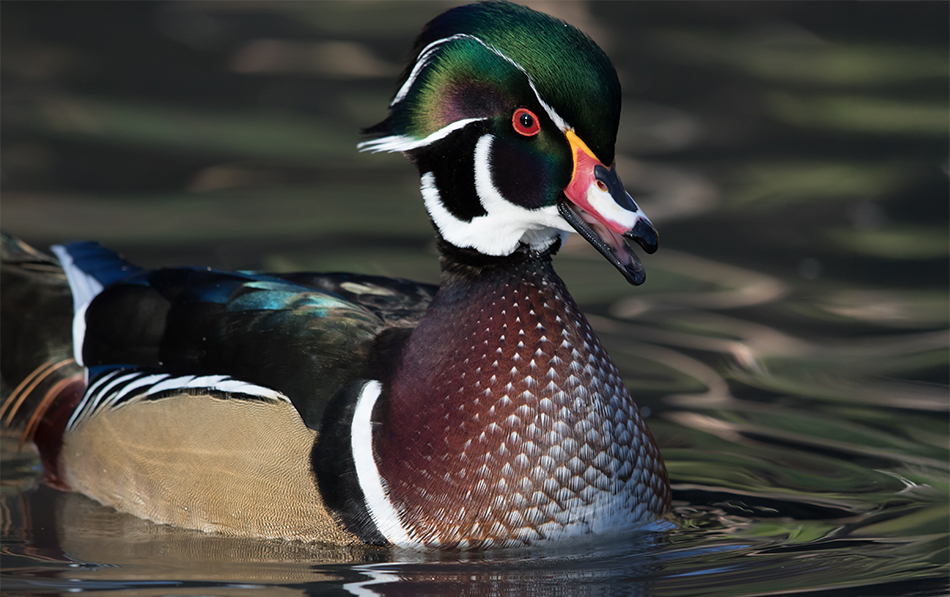
Wood Ducks on Purpose
10/8/2025
A focused approach to wood ducks demands tactics as unique as the birds
Read more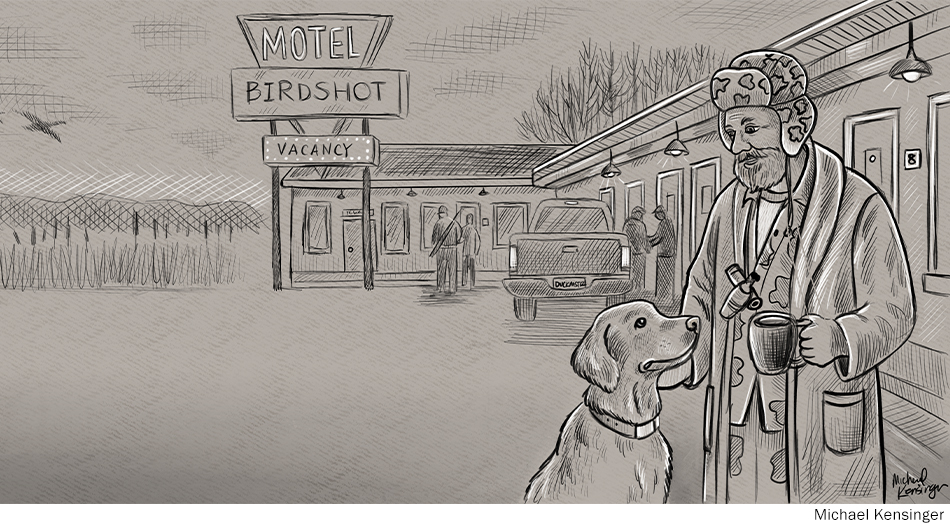
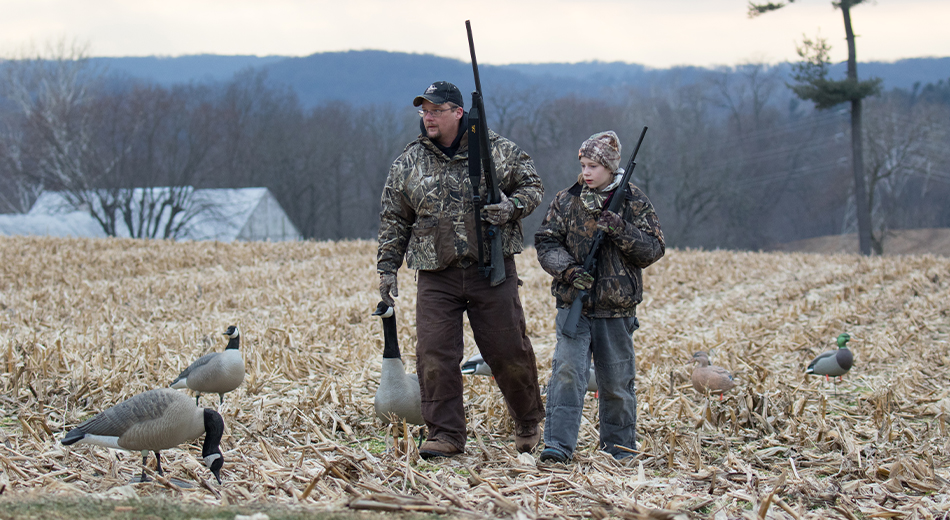
Delta Waterfowl Policy Work Helps Expand Sunday Hu...
10/6/2025
The Duck Hunters Organization™ advocated for regulatory changes that greatly increase opportunities for hunters
Read more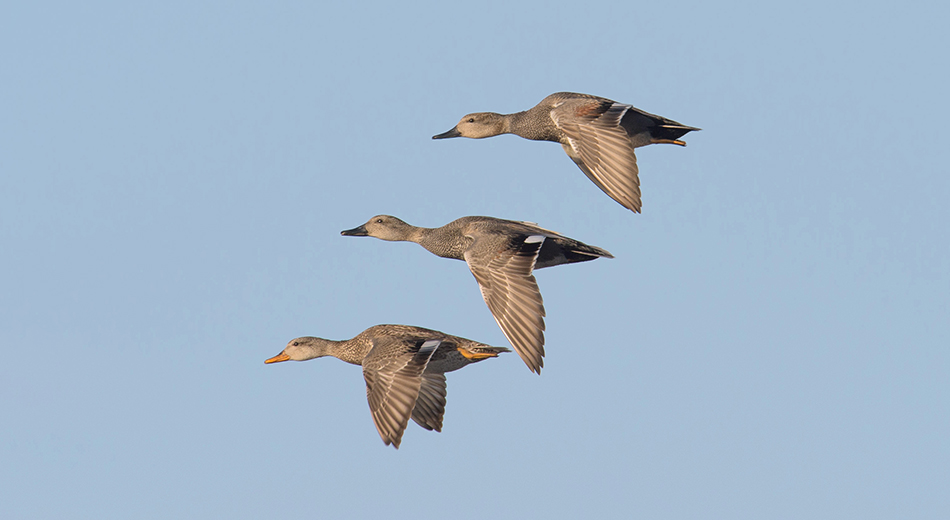
Home Sweet Homing
10/1/2025
Ducks retrace a successful route to enhance their odds of surviving and reproducing
Read more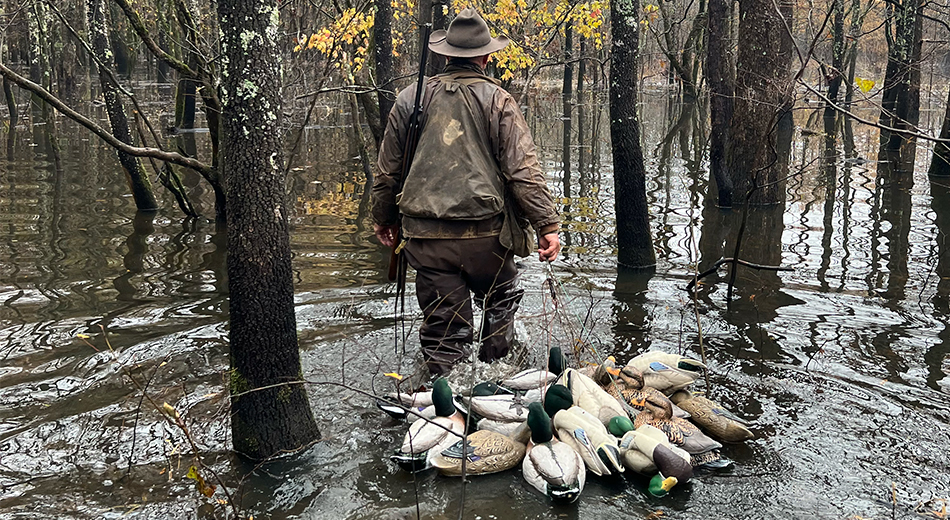
Delta Waterfowl Urges Swift Action to Keep U.S. Go...
9/30/2025
Access to federal public lands is important for many waterfowl hunters
Read more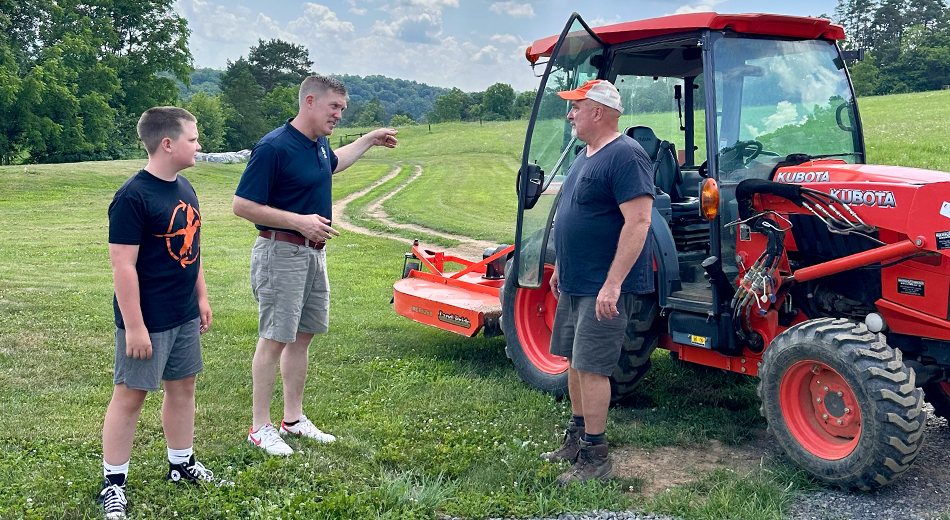
‘May I Hunt Your Land?’
9/26/2025
Gaining access to private ground takes luck, guts, and strategy
Read more

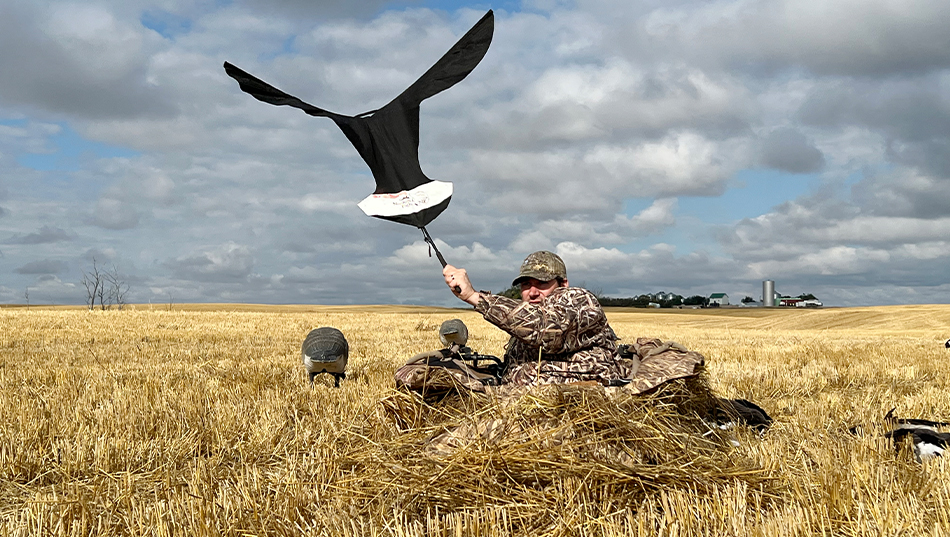
Delta Waterfowl Joins Forces to Launch Canadian Wi...
9/23/2025
Coalition will defend science-based wildlife management and protect the rights of hunters and trappers
Read more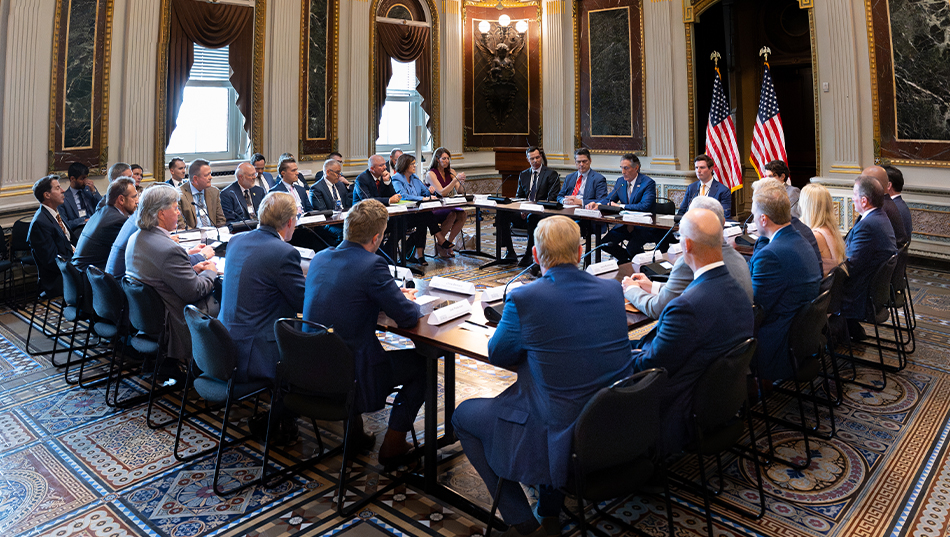
Delta Waterfowl CEO Represents Duck Hunters at the...
9/19/2025
Delta’s Jason Tharpe met with Interior Secretary Doug Burgum during a conservation leadership forum on federal land management strategies
Read more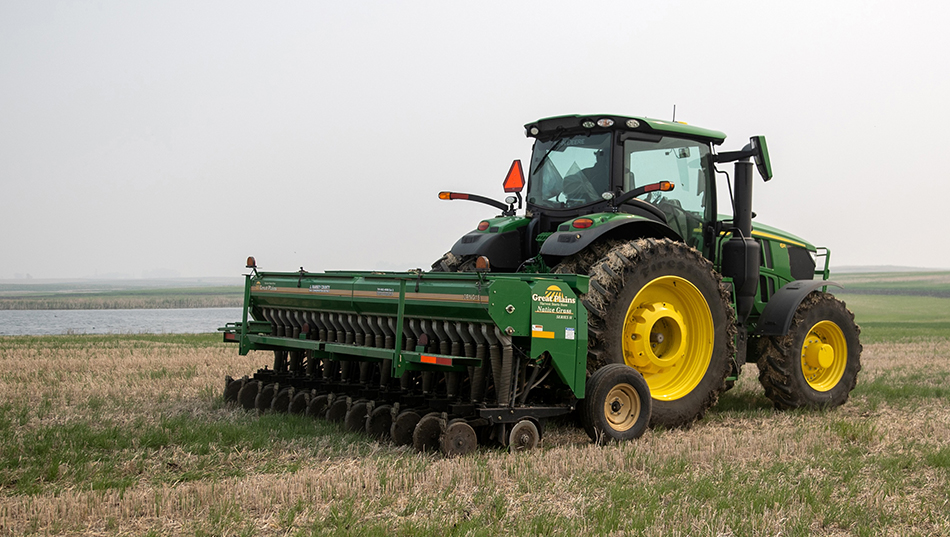
Delta Waterfowl Receives Grant for Habitat Conserv...
9/19/2025
Generous support will advance Delta’s policy efforts to keep at-risk shallow wetlands from being drained.
Read more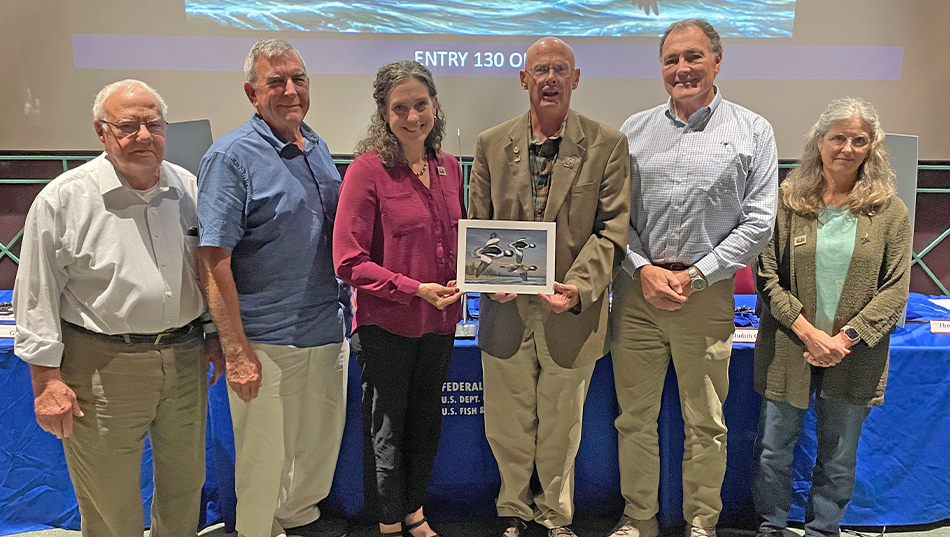
Delta Congratulates James Hautman on 2025 Federal ...
9/19/2025
The Federal Migratory Bird Hunting and Conservation Stamp has generated more than $1.3 billion for conservation since 1934
Read more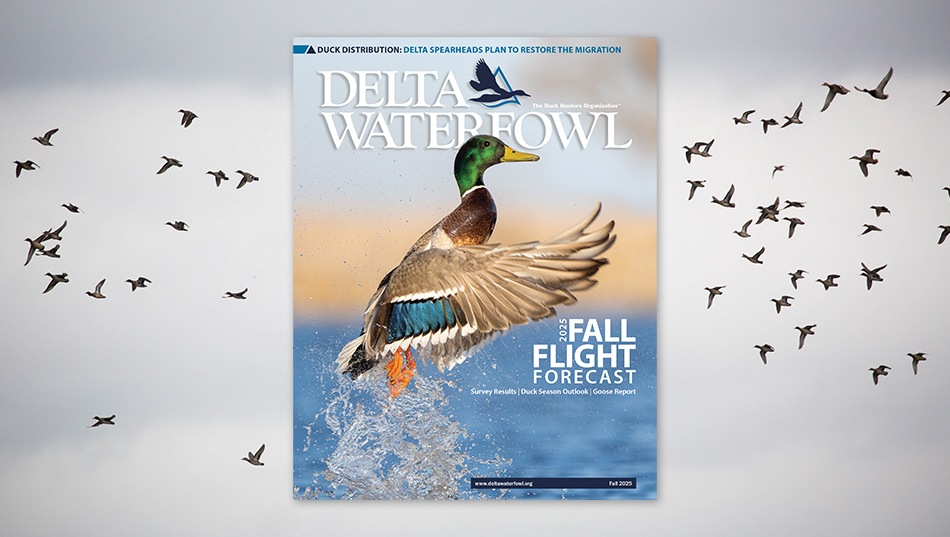
Delta Waterfowl’s Fall Issue Forecasts Duck Flight...
9/18/2025
“The ducks just don’t migrate like they used to,” is a phrase that’s been uttered frequently in recent seasons. You may have even said it yourself. And at
Read more
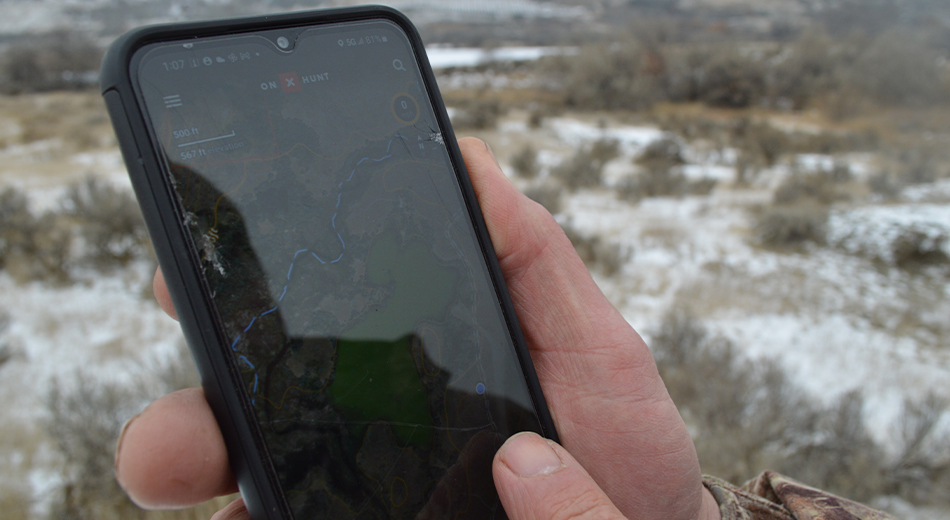
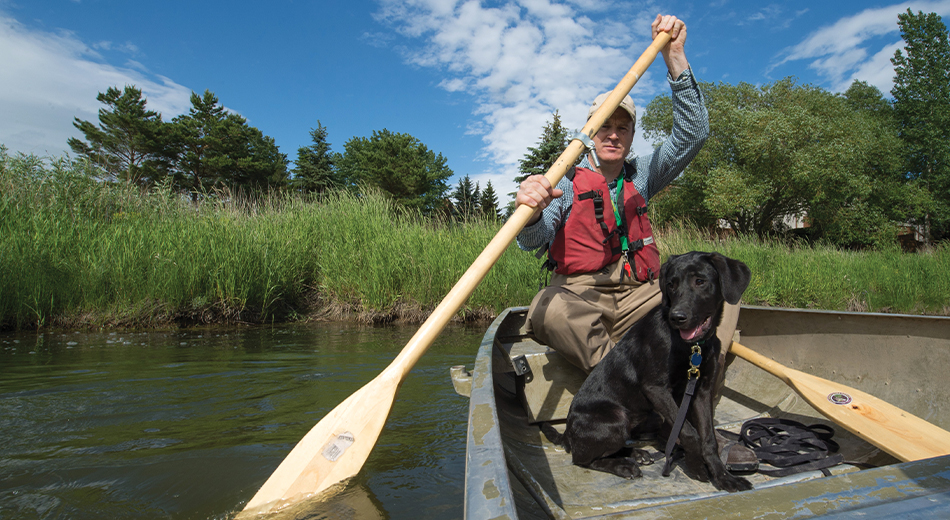
Jump-Shooting with a Retriever
9/17/2025
Teach your dog special skills to go mobile for ducks
Read more
Winning the Early Season
9/17/2025
Fill duck straps this October by using these clever strategies.
Read more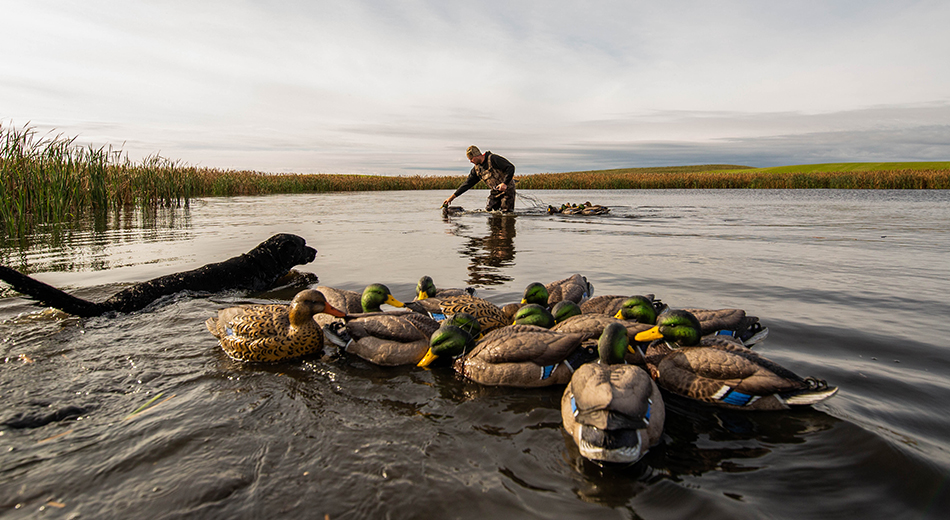
Delta Waterfowl Hosts Inaugural ‘Duck Hunters Day’...
9/17/2025
Vigorous Duck Production, HunteR3, and other Delta-supported efforts continue across the United States and Canada
Read more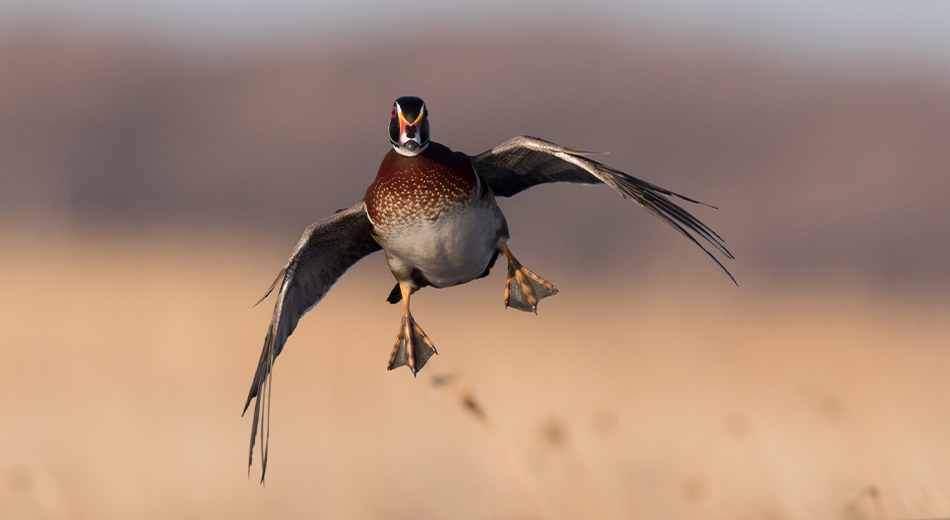
Delta Waterfowl Welcomes Development Director for ...
9/17/2025
Seasoned fundraiser Rhett Butler joins The Duck Hunters Organization™ to leverage support for ducks and duck hunters
Read more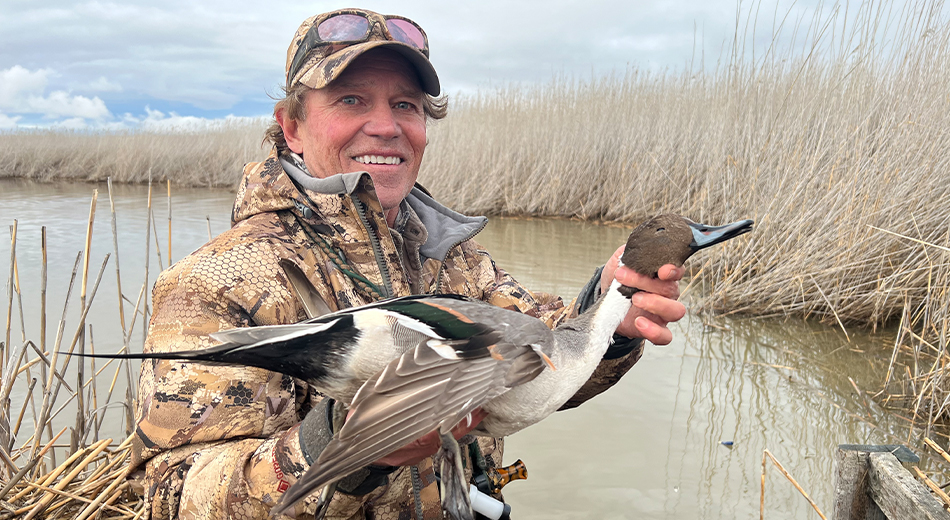
Pintails Increase, Bag Limits Expected to be 3 Dai...
9/4/2025
The northern pintail breeding population estimate of 2.24 million is a 13% increase over 2024’s estimate of 1.98 million, according to the Waterfowl Popula
Read more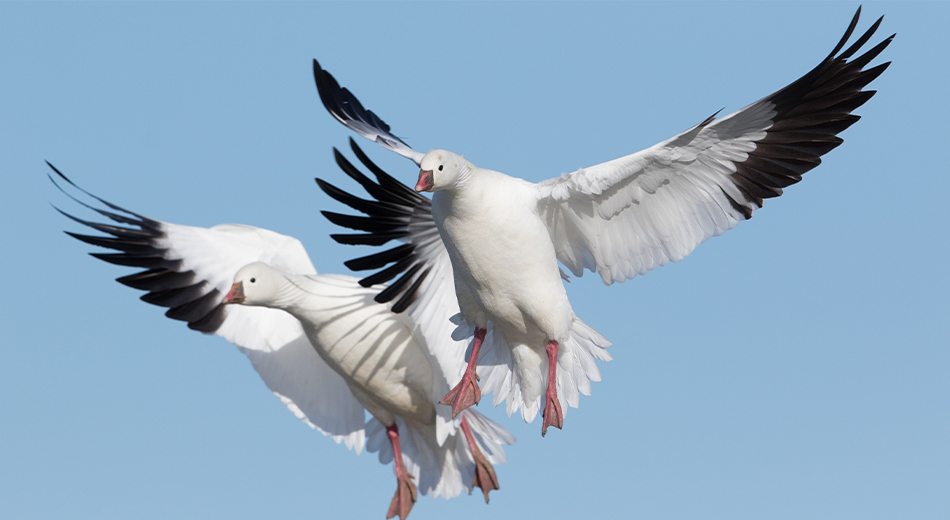
Ross’s Geese, AP Canada Geese, and Midcontinent Sp...
9/3/2025
Ducks might dominate the headlines when the annual Waterfowl Population Status Report is released, but the report also contains critical insights for the
Read more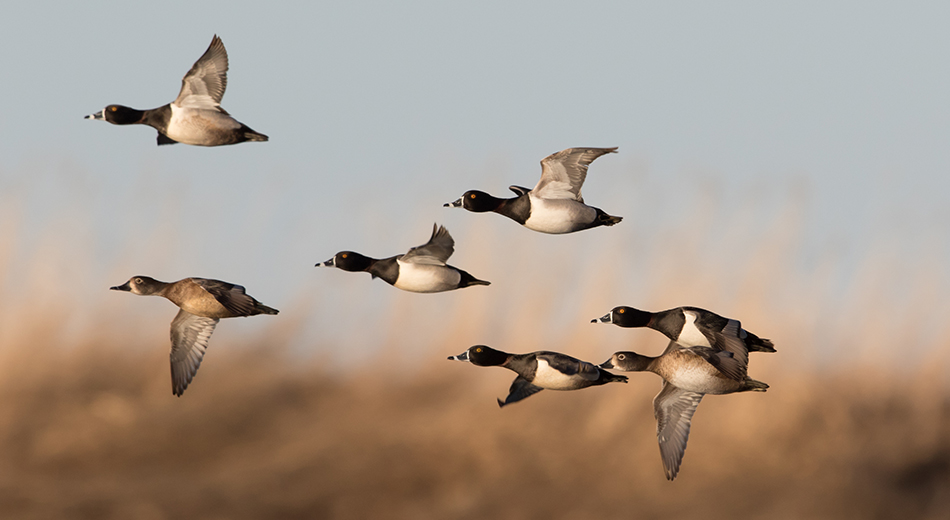
Eastern Survey Area Duck Populations Remain Strong
9/3/2025
Results from the Eastern Survey Area are typically an underreported aspect of the Breeding Waterfowl Population and Habitat Survey conducted each spring by
Read more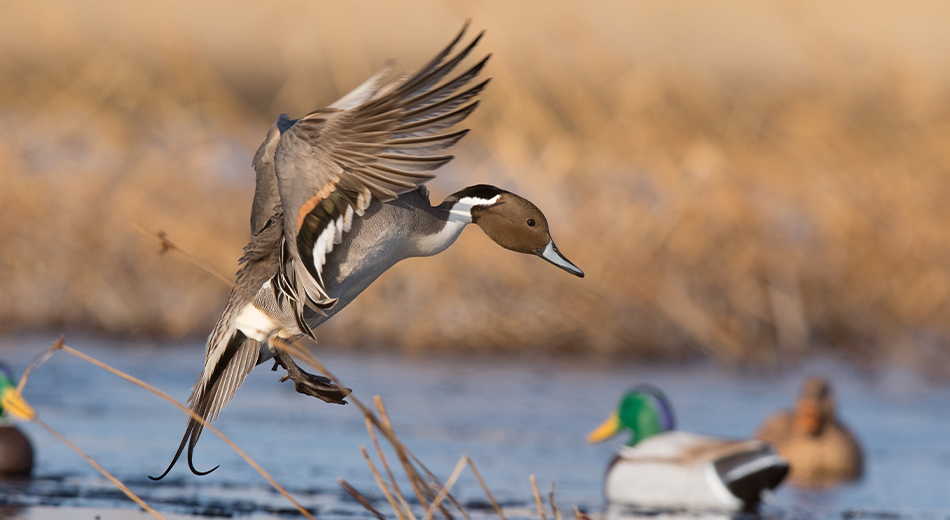
Delta Waterfowl Reports: USFWS Annual Breeding Wat...
9/2/2025
Breeding population nearly identical to 2024, but dry prairie conditions likely suppressed duck production
Read more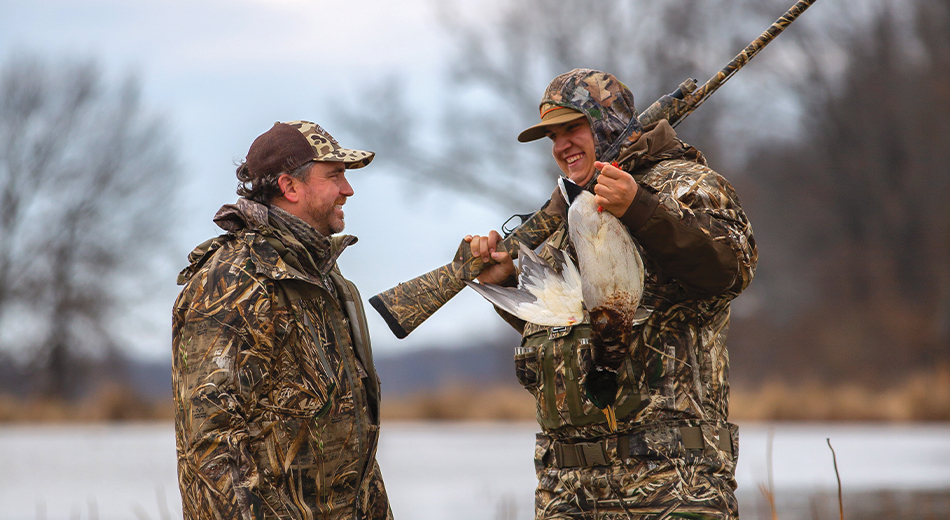
Restoring Duck Distribution
9/2/2025
Delta is set to produce millions of ducks—and spearhead their return to traditional southern strongholds
Read more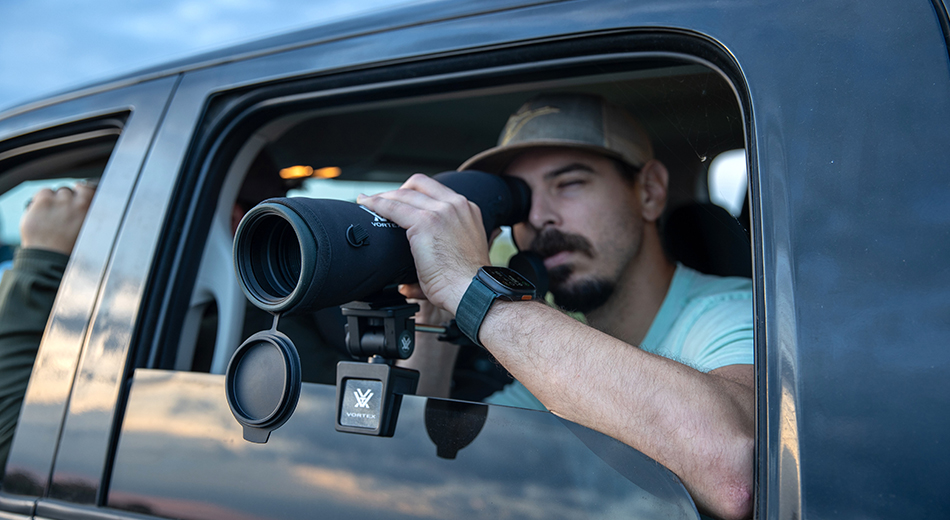
Six Quick Tips for Scouting Early-Season Honkers
8/25/2025
Here are six quick tips to get you on the birds and keep you on the birds.
Read more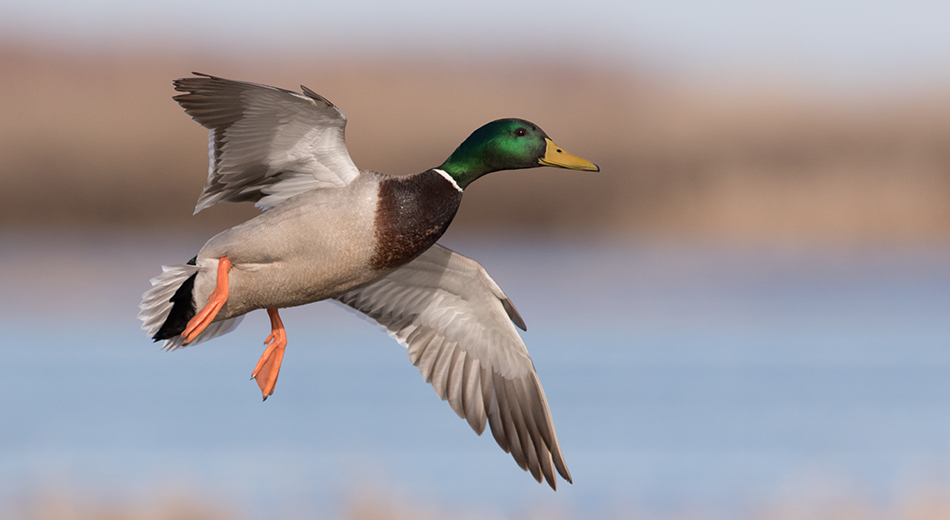
Delta Waterfowl Hires New Chief Development Office...
8/22/2025
Eric Lindstrom will lead fundraising team’s efforts to support conservation programs
Read more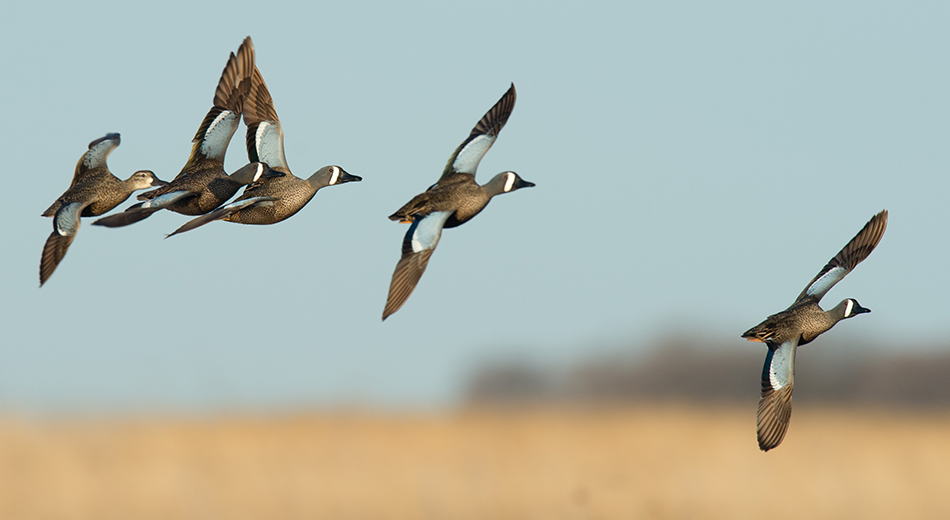
How to Hit Teal
8/20/2025
SHOTSHELL MANUFACTURERS have no greater allies than blue-winged and green-winged teal.
Read more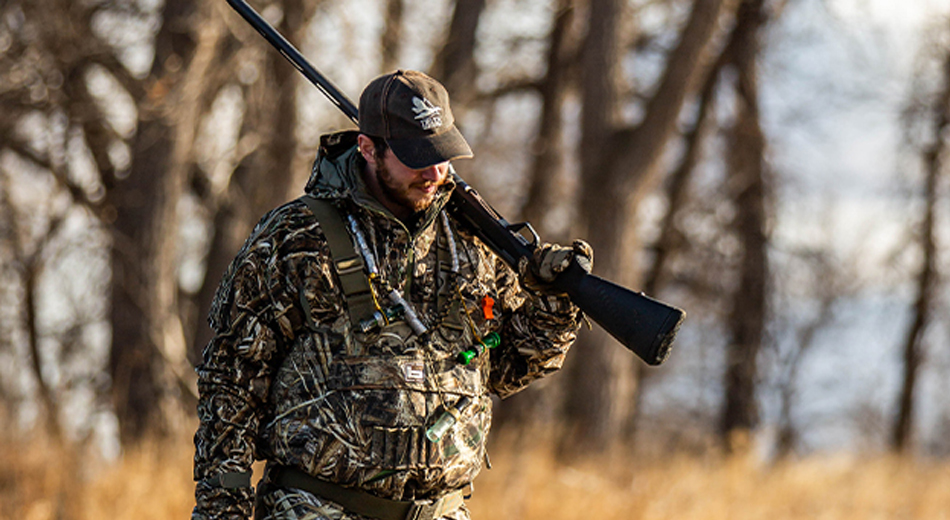
Shotgunning: Barrel Length Ballistics
8/20/2025
Adding or decreasing a few inches of barrel can enhance wingshooting
Read more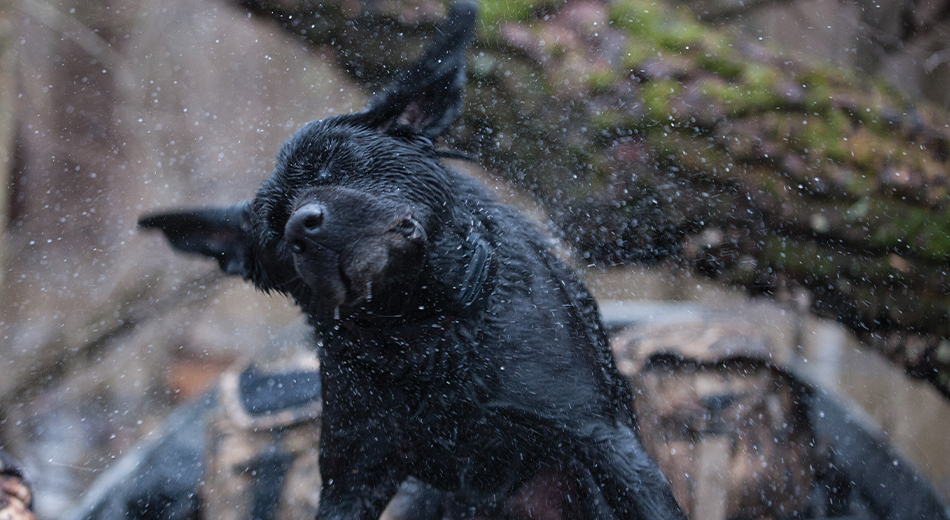
Don’t Rock the Boat
8/20/2025
Preparation and training are critical to boating safely with retrievers
Read more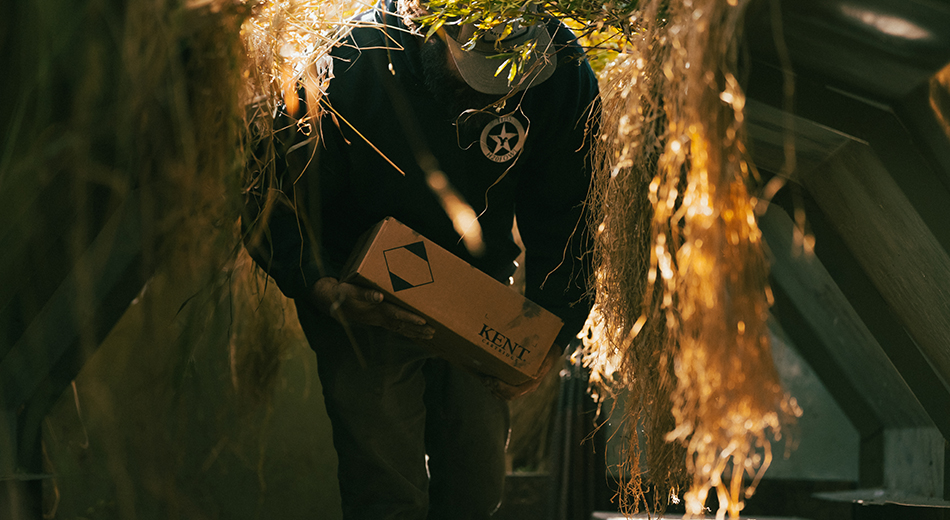
Delta Welcomes Kent Cartridge as Champion of Delta...
8/19/2025
Known for their premium waterfowl loads, Kent Cartridge is committed to giving back to waterfowl conservation
Read more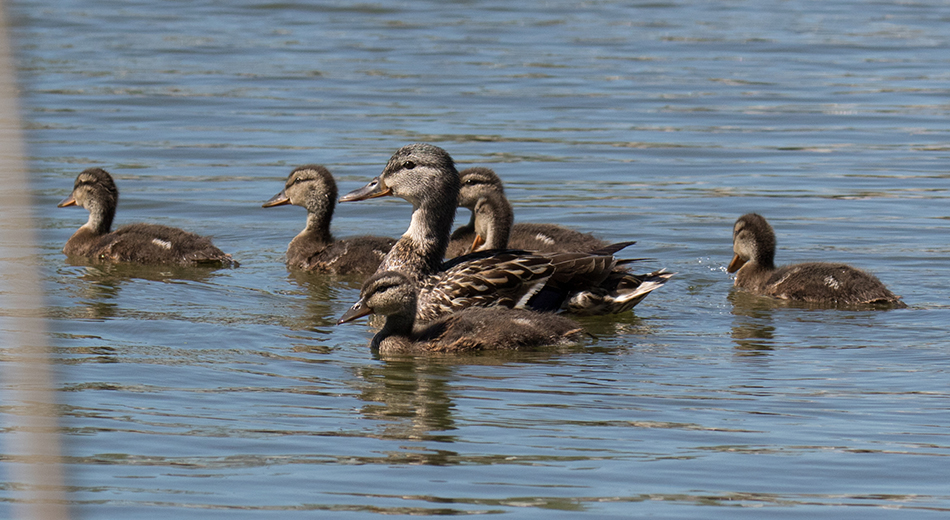
Positive Strides Towards Protecting Critical Wetla...
8/19/2025
Vigorous Duck Production, HunteR3, and other Delta-supported efforts continue across the United States and Canada
Read more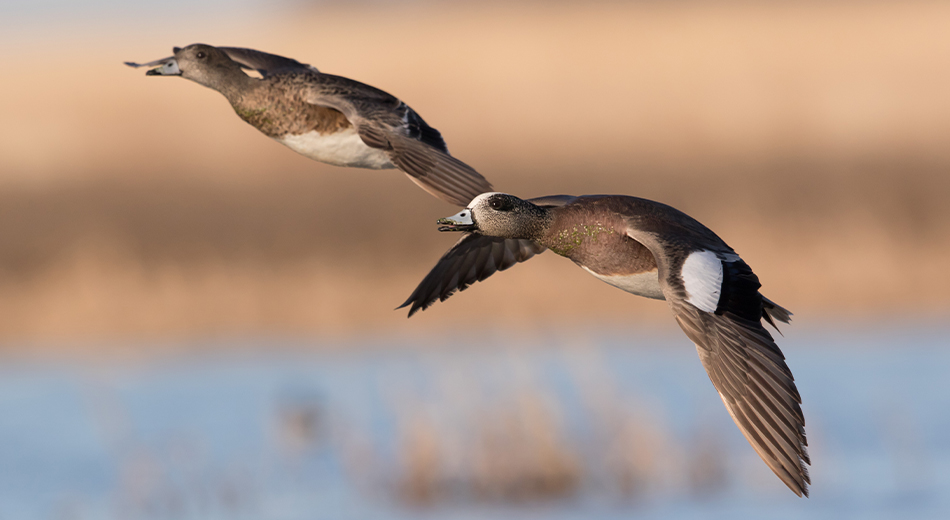
Delta Waterfowl Welcomes Regional Director for the...
8/15/2025
A South Dakota native, Blake Ketterling brings more than 20 years of fundraising experience to the role
Read more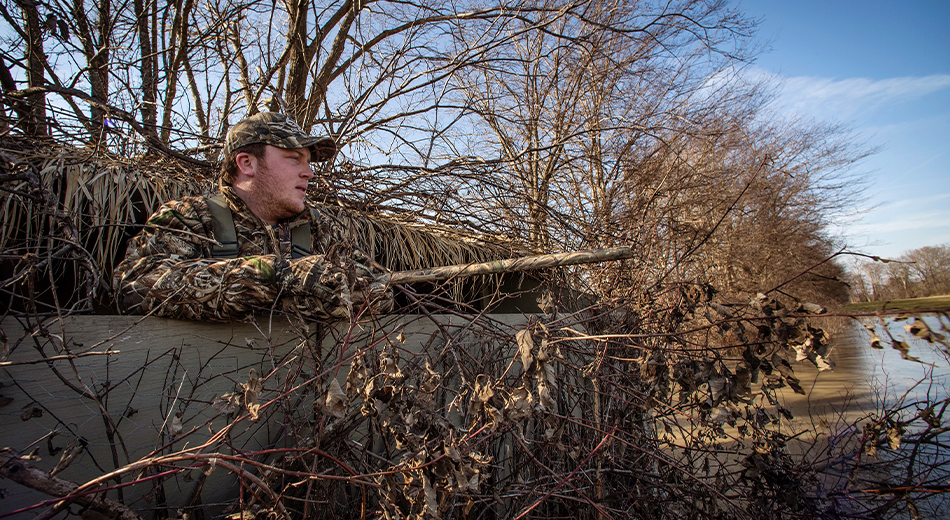
Delta Waterfowl Promotes Baird to VP of Government...
8/14/2025
Cyrus Baird continues to push for increased conservation funding and quality duck hunting opportunities
Read more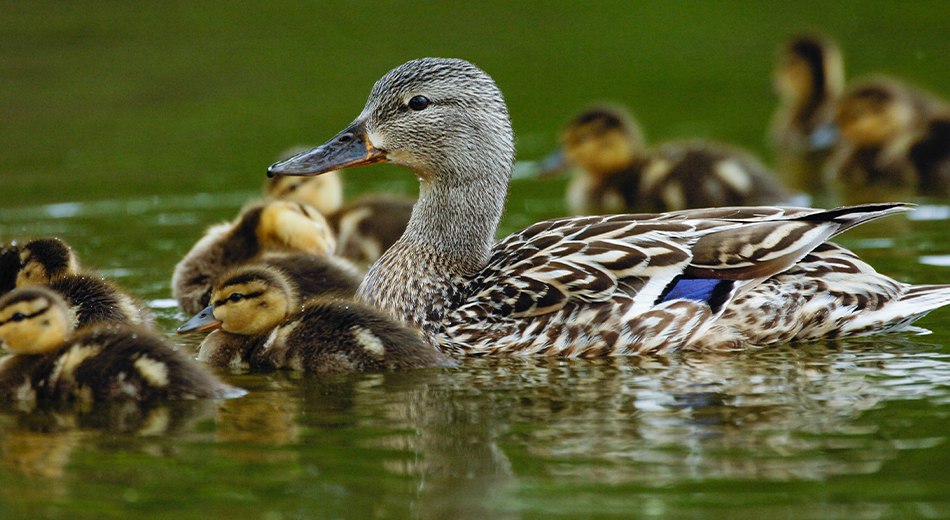
2025 State Waterfowl Breeding Population Survey Ro...
8/11/2025
Spring duck numbers up in California, Wisconsin, and Minnesota, down in North Dakota
Read more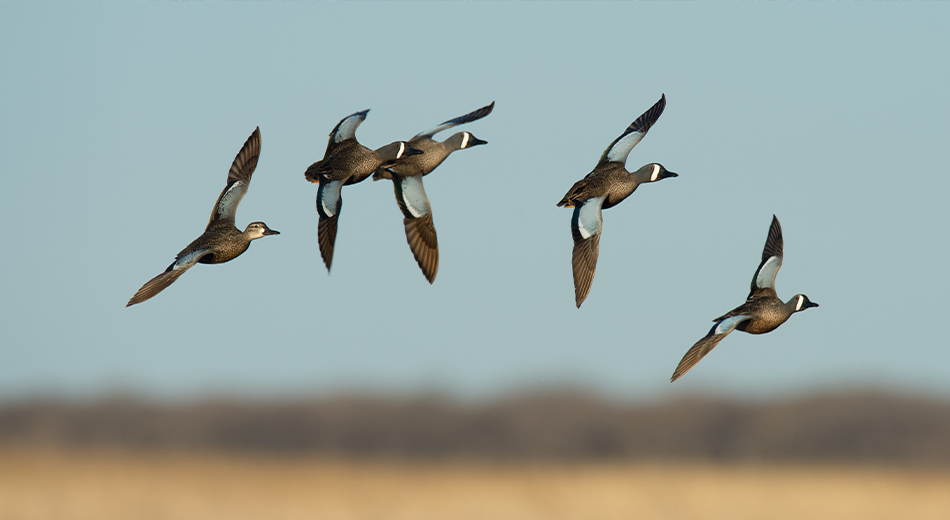
Delta Waterfowl Hires Talented Leader as VP of Mar...
8/7/2025
Minnesota native Mike Sidders aims to expand the reach and impact of Delta’s messaging
Read more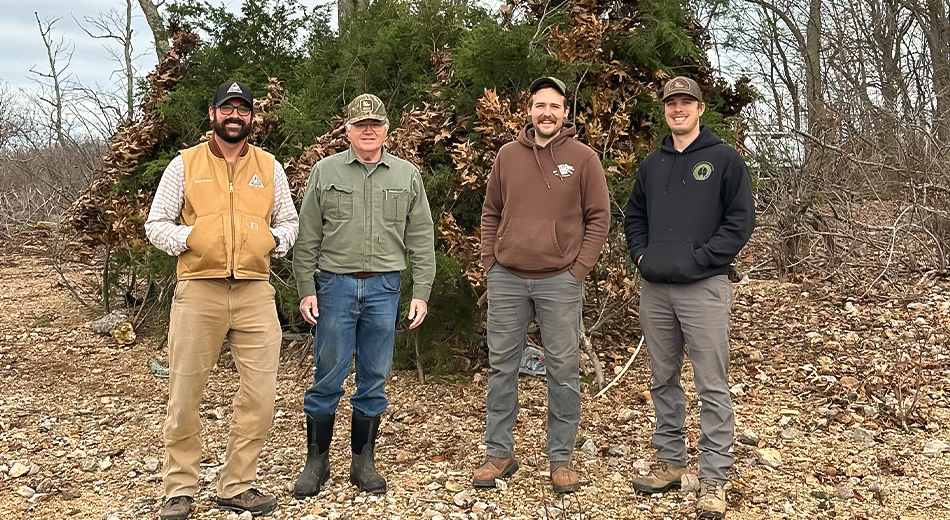
Delta Waterfowl’s Route 66 Chapter Helps Protect H...
8/7/2025
Thanks to local leadership and Delta policy support, public hunting will continue at Fellows Lake under a new blind draw system
Read more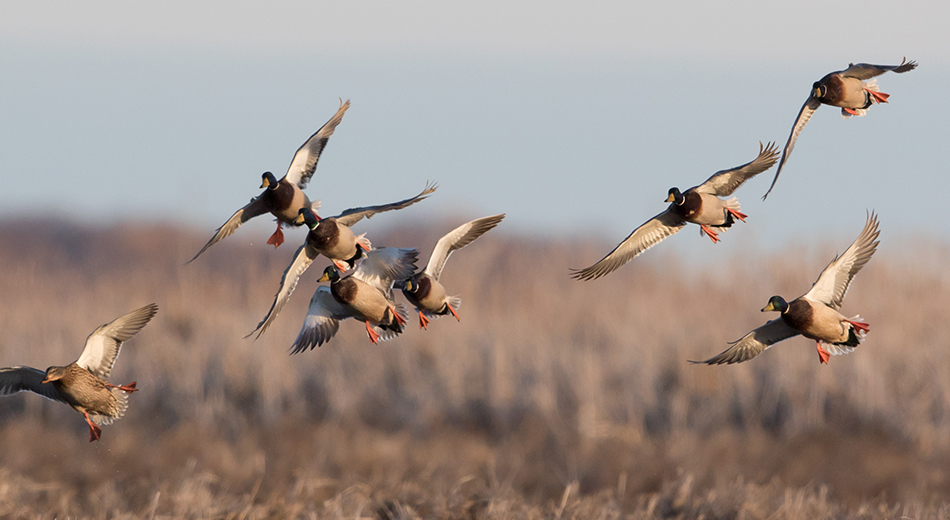
Delta Waterfowl’s Newest Issue Celebrates a Millio...
8/6/2025
If you’re a member of The Duck Hunters Organization, then your favorite magazine of the year—the Delta Waterfowl ‘Hunt Annual’—arrives soon!
Read more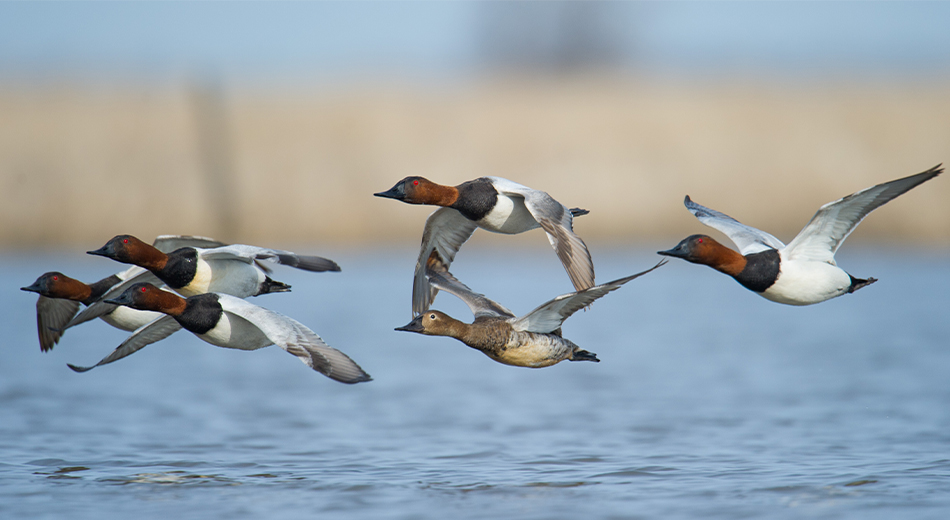
Delta Waterfowl Hires Two Premier Research Scienti...
8/5/2025
Dr. Todd Arnold and Dr. Jay VonBank add extensive waterfowl expertise and experience to The Duck Hunters Organization
Read more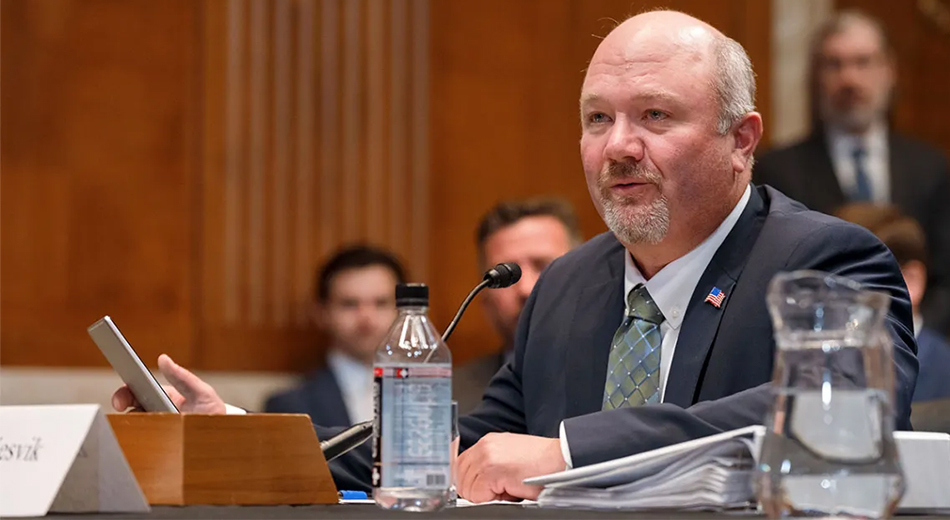
Delta Waterfowl Congratulates Nesvik on Confirmati...
8/1/2025
The U.S. Senate has confirmed Brian Nesvik as director of the U.S. Fish and Wildlife Service.
Read more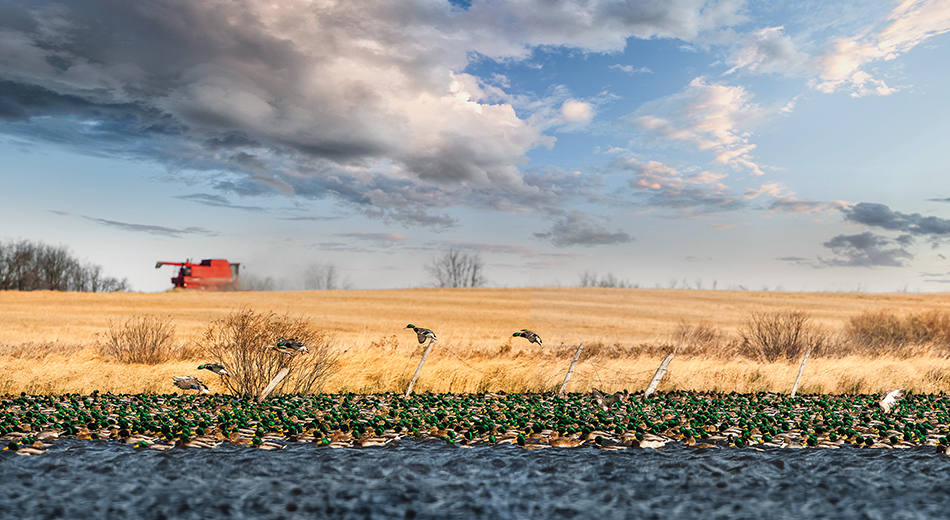
Delta Waterfowl’s Fundraising Campaign Nets $284 M...
7/30/2025
Astounding success of the Million Duck Campaign will allow The Duck Hunters Organization to expand duck production and add 1 million ducks to every fall
Read more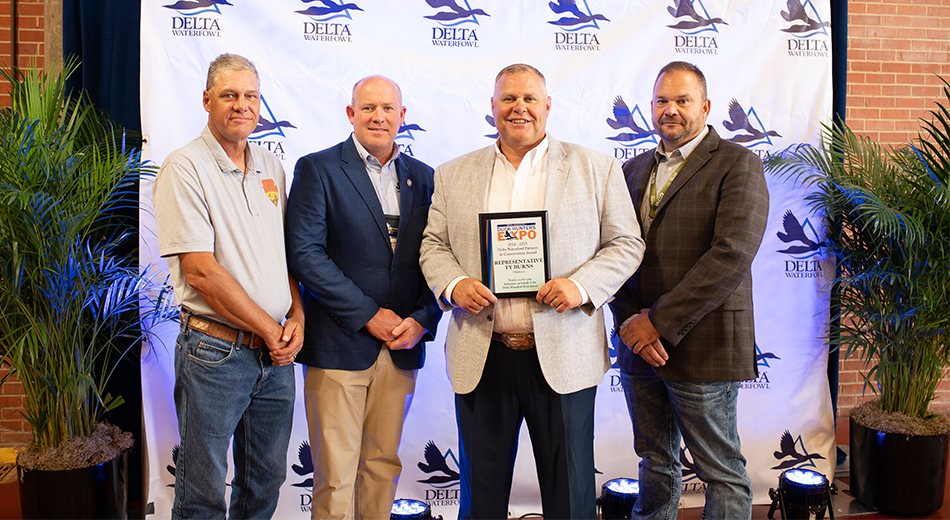
Delta Waterfowl Honors Champions of Conservation
7/29/2025
Outstanding advocates help The Duck Hunters Organization fulfill the mission to produce ducks and ensure the future of waterfowl hunting across North Amer
Read more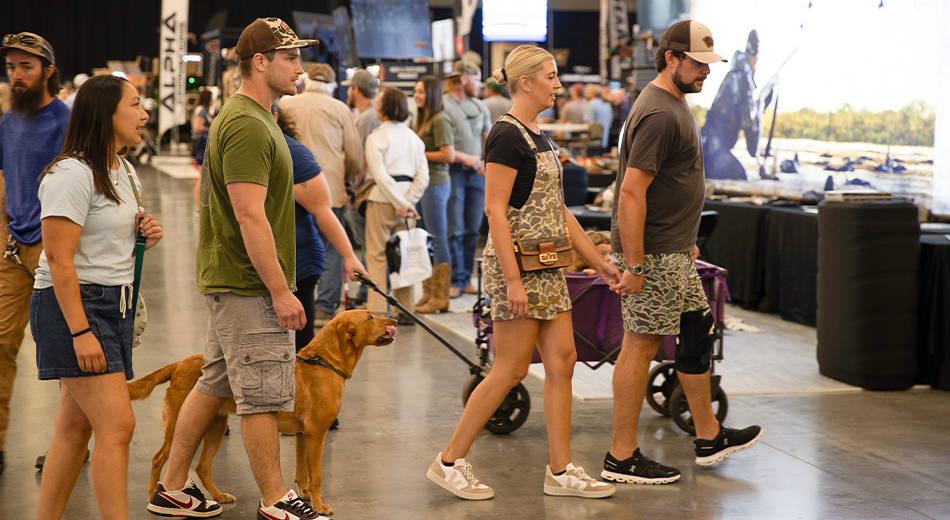
Delta Expo Delivers on Promise of Duck Hunters Par...
7/29/2025
Expo attendees and industry partners brought excitement, enthusiasm, and camaraderie to the Oklahoma City Fairgrounds
Read more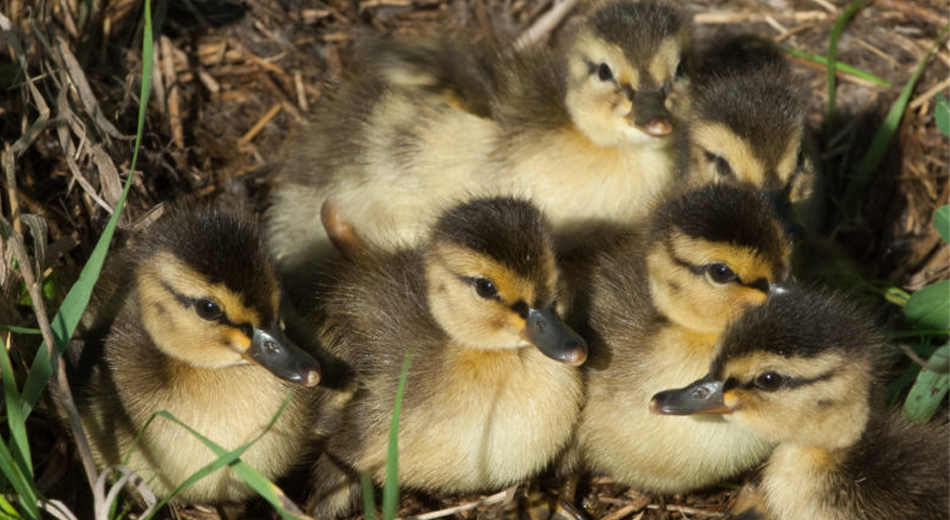
Where Ducks Nest Impacts Production
7/29/2025
Across the breeding regions, various species of ducks each have preferred nesting locations known as core breeding ranges. Within these core areas, habitat
Read more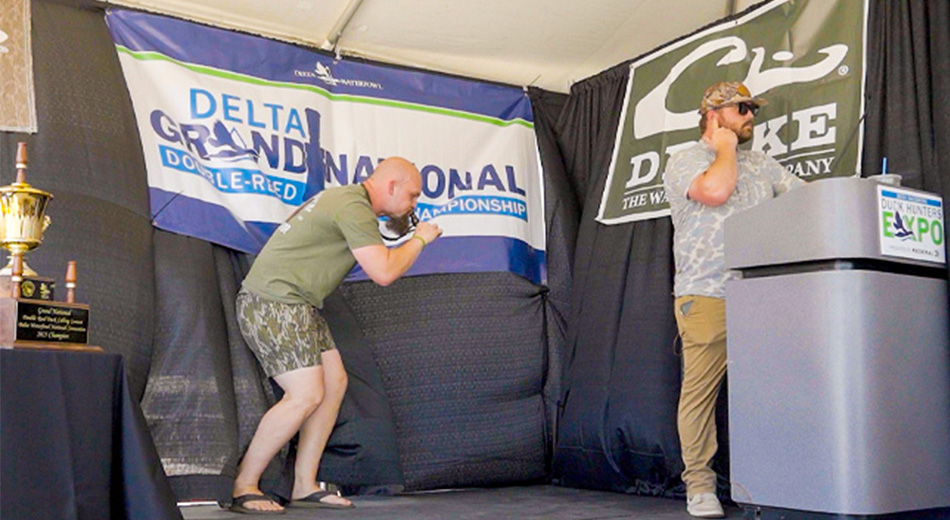
Delta Waterfowl Crowns Seth Fields as Winner of De...
7/29/2025
Handmade call brings home Delta Grand National Double Reed title for Tennessee native at the Delta Waterfowl Expo
Read more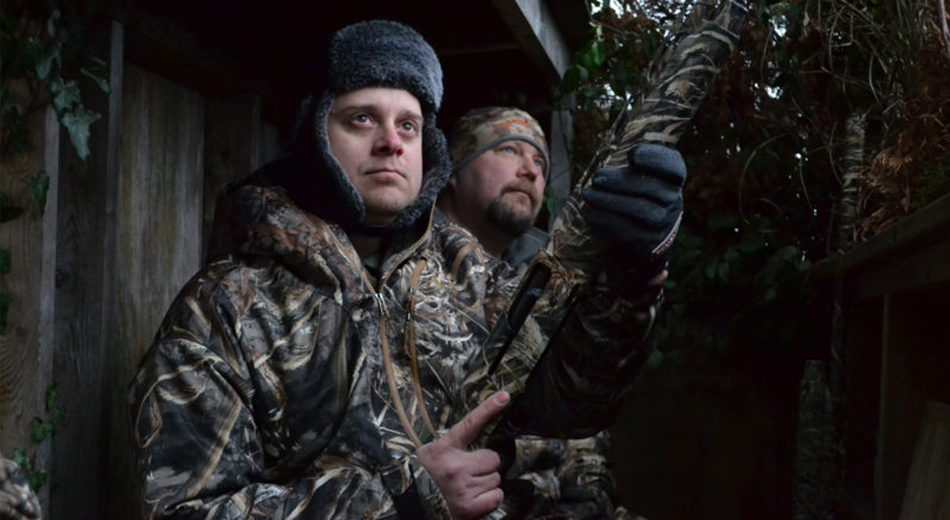
Quiz: Do You Have ‘Duck Depression?’
7/29/2025
Face it: You aren’t you when it isn’t duck season. The air seems less crisp, daily life is downright monotonous, and your significant other
Take quiz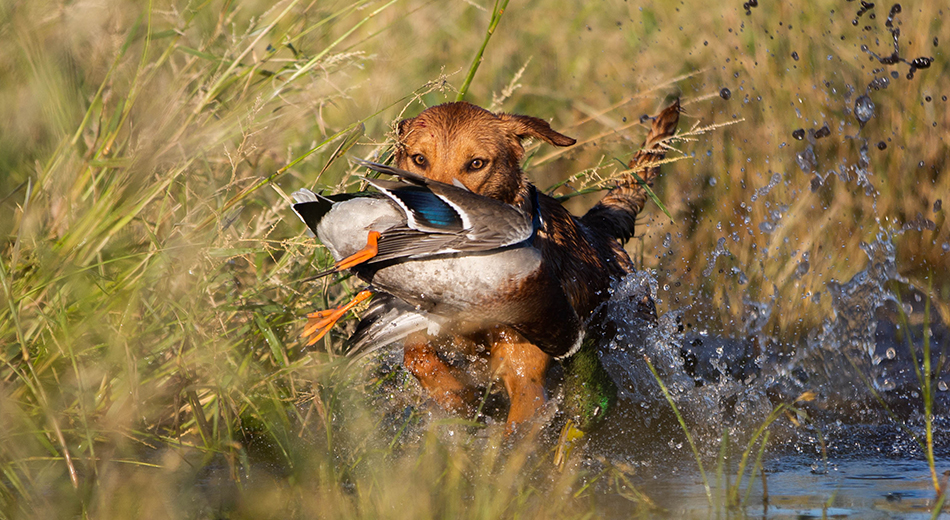
Duck Dog Tip: Preventing Heat Stroke
7/29/2025
Hot weather activities – whether training or hunting – can be dangerous for your duck dog if you don’t take proper precautions.
Read more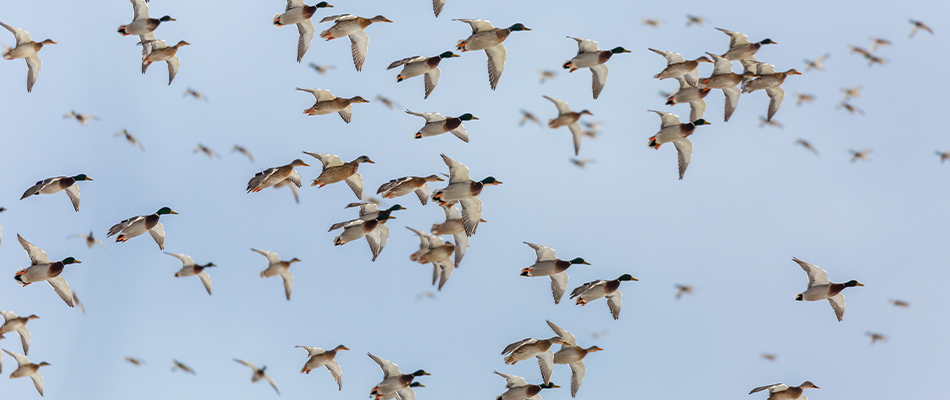
Delta Waterfowl Honors 2024-2025 Chapter Volunteer...
7/28/2025
The Duck Hunters Organization recognizes four outstanding conservation leaders for dedication to the mission to produce ducks and secure the future of
Read more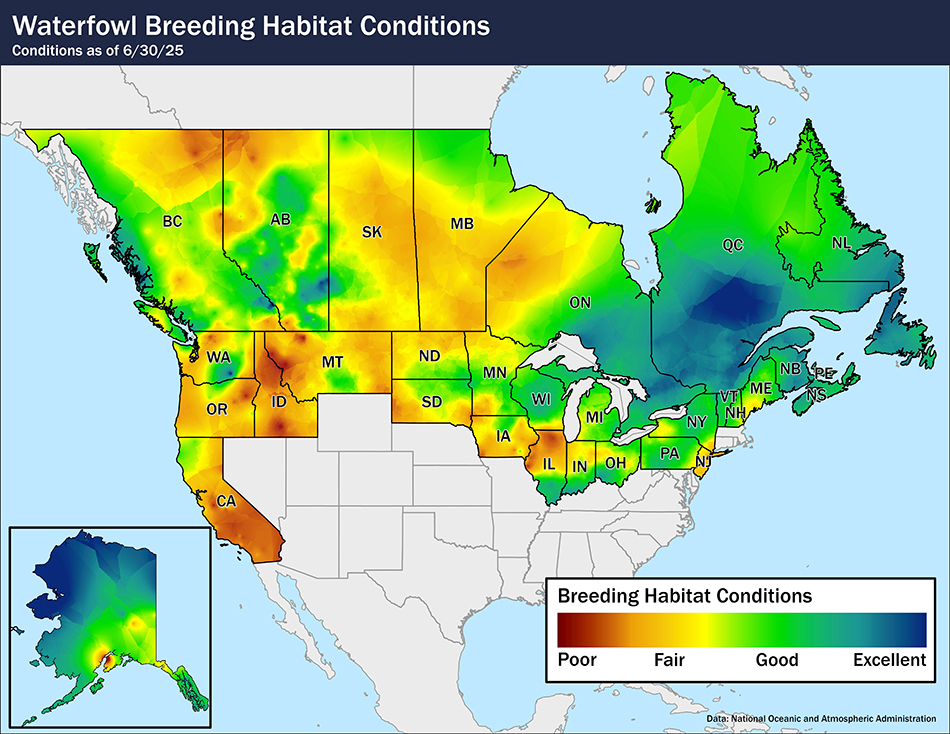
Waterfowl Breeding Habitat Conditions As of June 3...
7/28/2025
Delta Waterfowl’s latest data- and field-based assessments reveal a discouraging end to the 2025 duck breeding season across much of the prairie and
Read more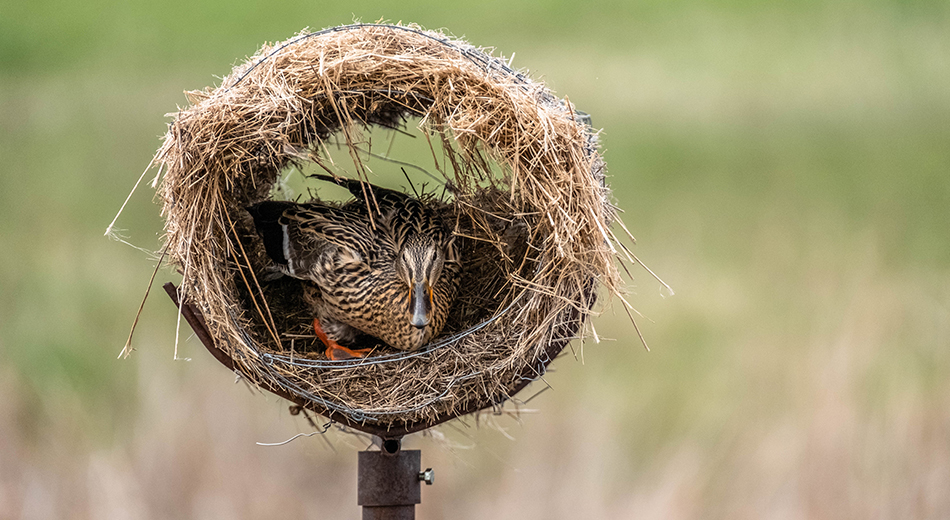
Delta Waterfowl Applauds Introduction of HEN Act i...
7/28/2025
Proposed law would authorize funding for duck production and habitat conservation efforts to increase waterfowl populations
Read more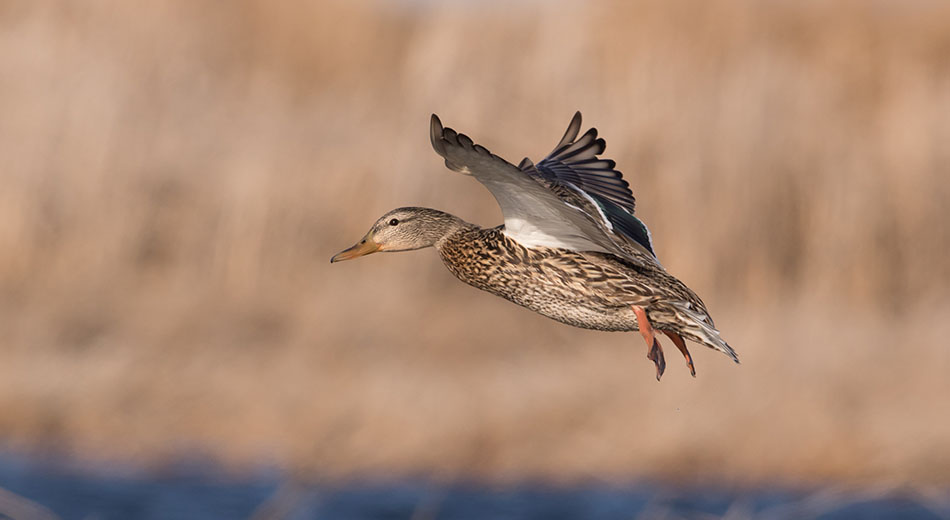
A High-Mileage Mallard
7/28/2025
Alabama to the Arctic: Geolocator reveals hen’s wild journey north
Read more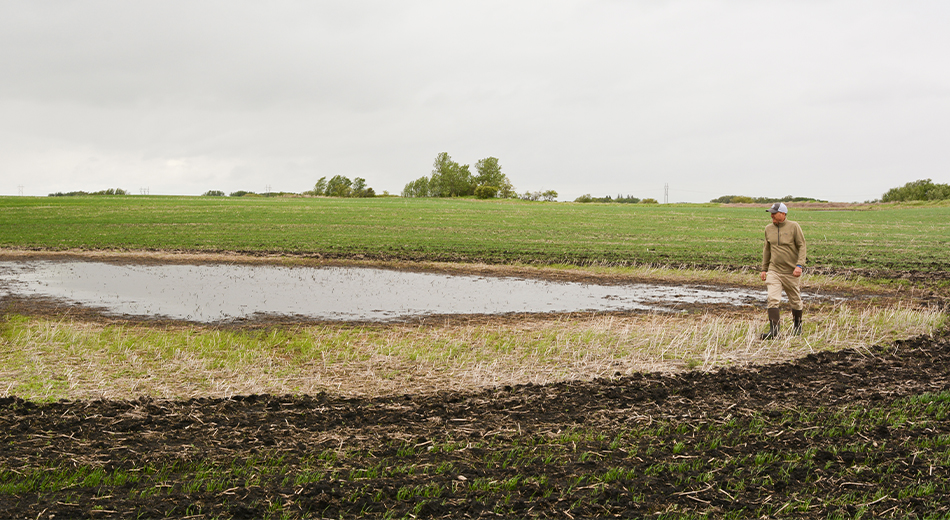
Delta Waterfowl Applauds Alberta’s New Private Lan...
7/22/2025
Small wetlands are identified in the plan as a key conservation need
Read more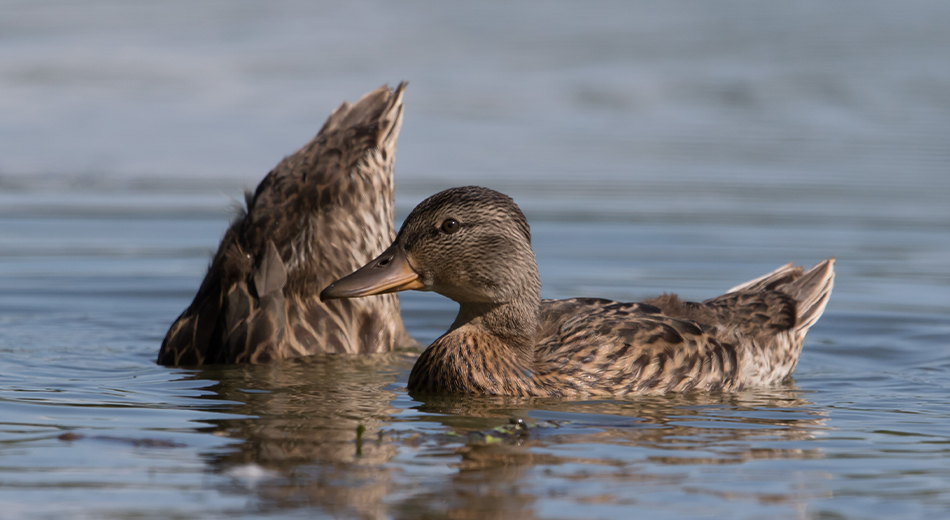
Delta Waterfowl Submits Support of USFWS Hunt Fish...
7/17/2025
Vigorous Duck Production, HunteR3, and other Delta-supported efforts continue across the United States and Canada
Read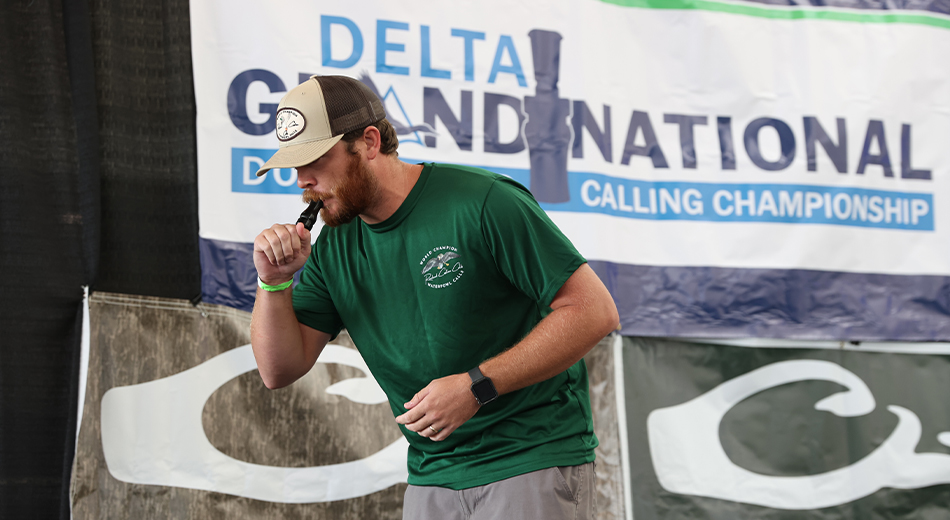
Delta Waterfowl Double-Reed Calling Championship H...
7/14/2025
Presented by Drake Waterfowl and Mack’s Prairie Wings, the Delta Grand National will take place on Saturday, July 26, during the organization’s annual Duck
Read More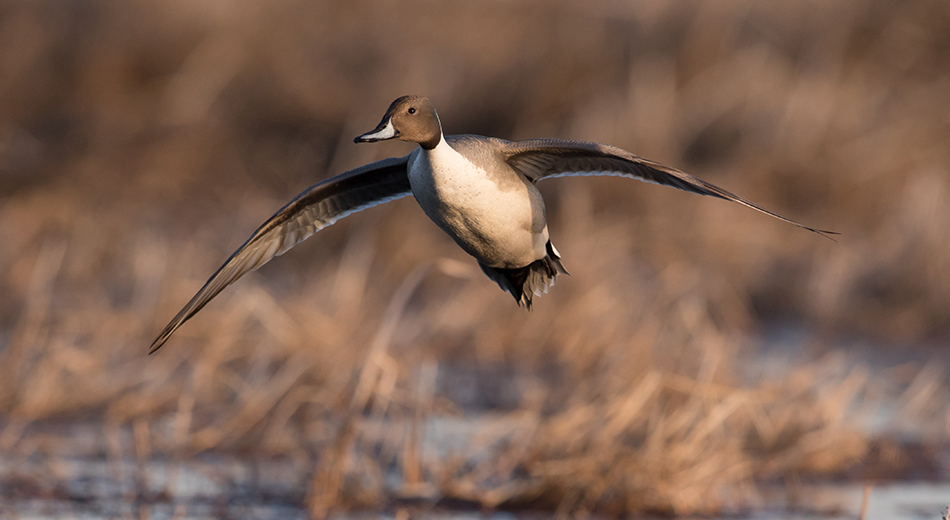
Delta Waterfowl Welcomes New Regional Director for...
7/11/2025
Ryan Sturm brings nearly a decade of dedicated experience as a Delta volunteer
Read More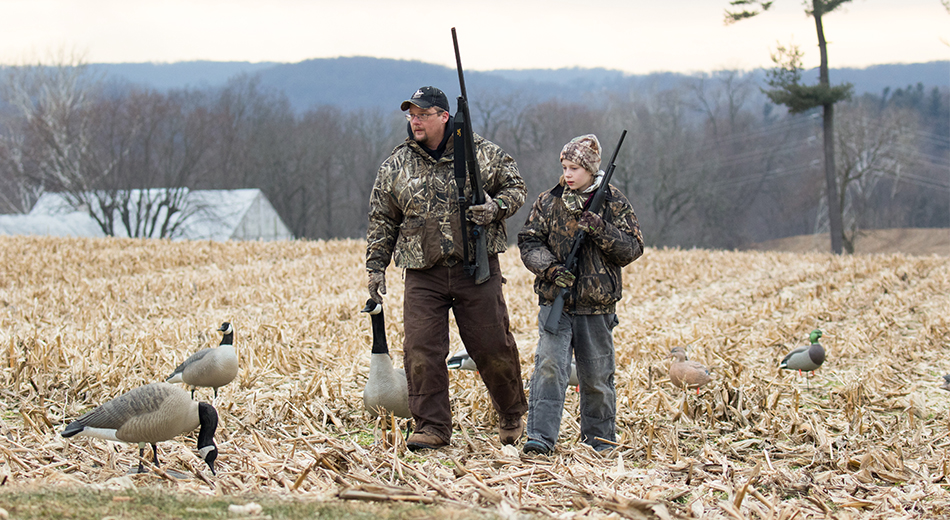
Pennsylvania Repeals Sunday Hunting Ban
7/9/2025
New law doubles opportunities to hunt for people with busy lives
Read More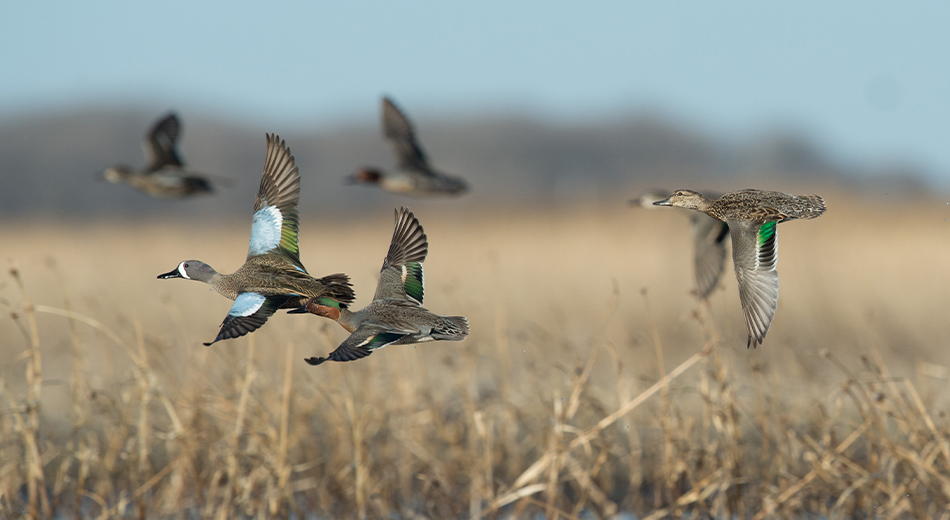
Delta Waterfowl Renews SoundGear as a Valued Spons...
7/8/2025
Partnership continues to advance waterfowl conservation, hunting heritage, and hearing protection in the field
Read More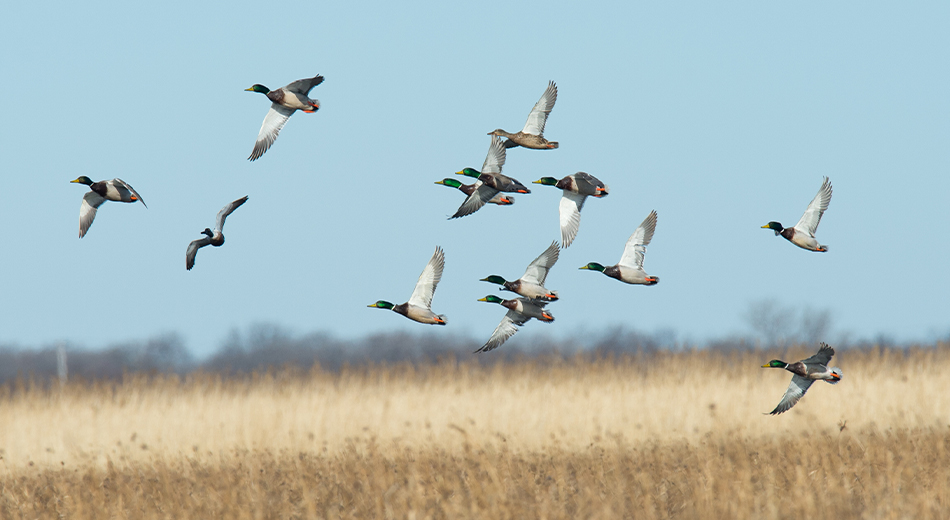
Delta Waterfowl Names LaMontagne as Vice President...
7/8/2025
Previously serving as Delta’s director of development operations, Whittlee LaMontagne moves into an executive role to further amplify the organization’s co
Read More
Delta Waterfowl Names Lawrence Vice President of D...
7/8/2025
An integral addition to the organization’s executive staff, Lisa Lawrence joined The Duck Hunters Organization in 2007
Read More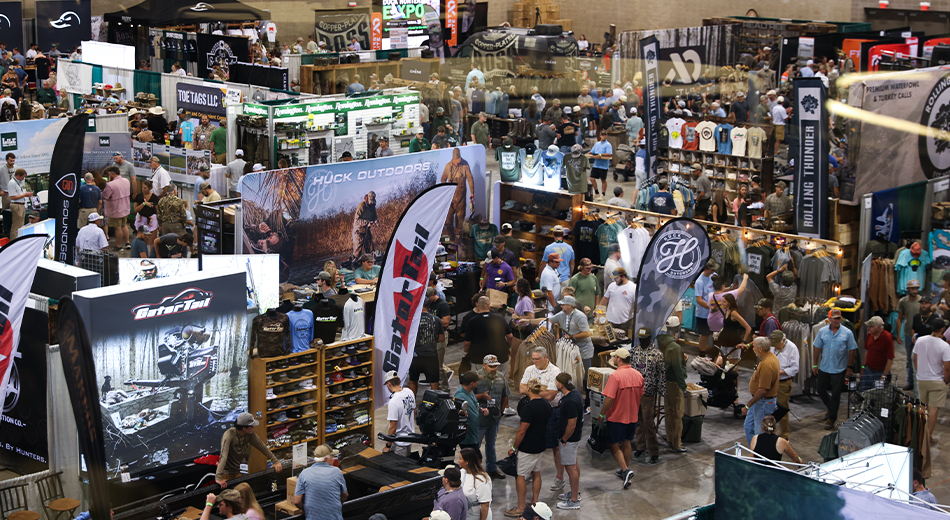
Delta Waterfowl Duck Hunters Expo Kicks Off Later ...
7/8/2025
July 25 to 27 event in Oklahoma City features all things waterfowl, including live stages, expert-led seminars, innovative gear, and more
Read More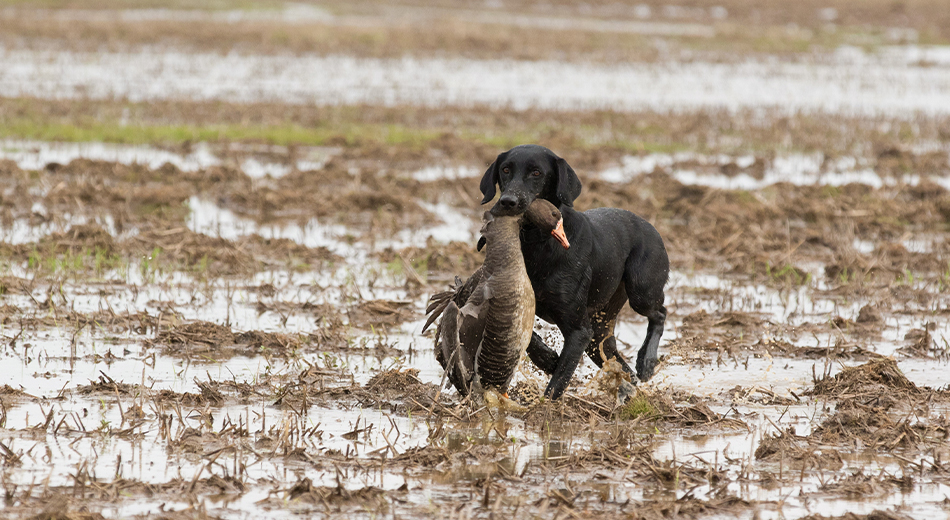
Delta Waterfowl Applauds Louisiana Governor and Le...
6/27/2025
Measures will restore and create critical wintering waterfowl habitat to attract and hold more ducks and geese
Read More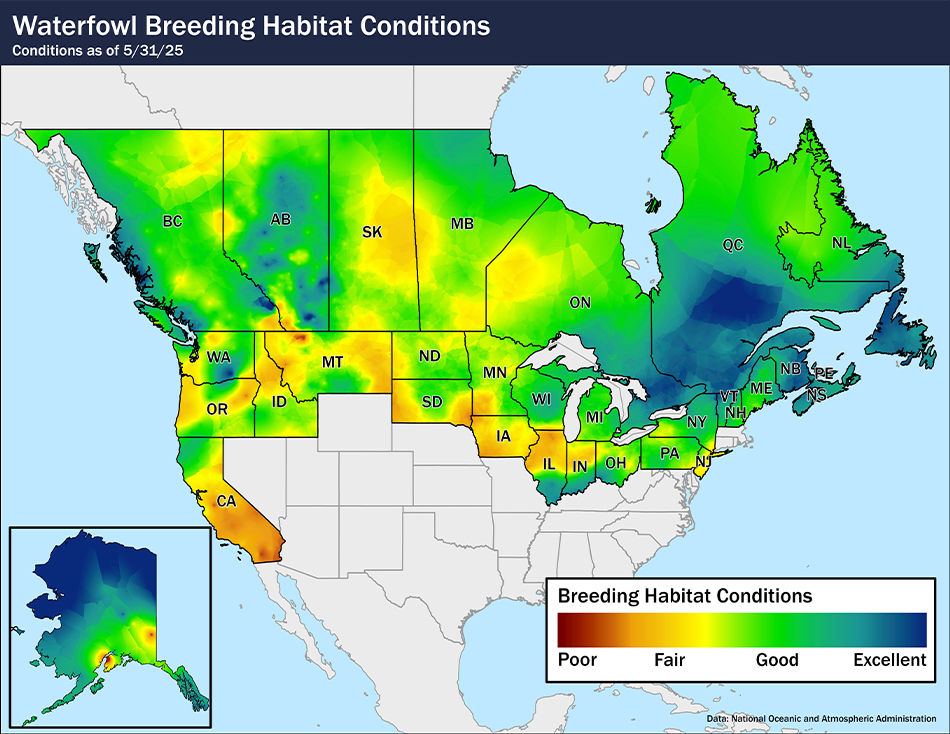
Waterfowl Breeding Habitat Conditions Update As of...
6/20/2025
Widespread rains during May—a critical month for duck production—brought welcome relief to much of the Prairie Pothole Region, particularly in parts of
Read More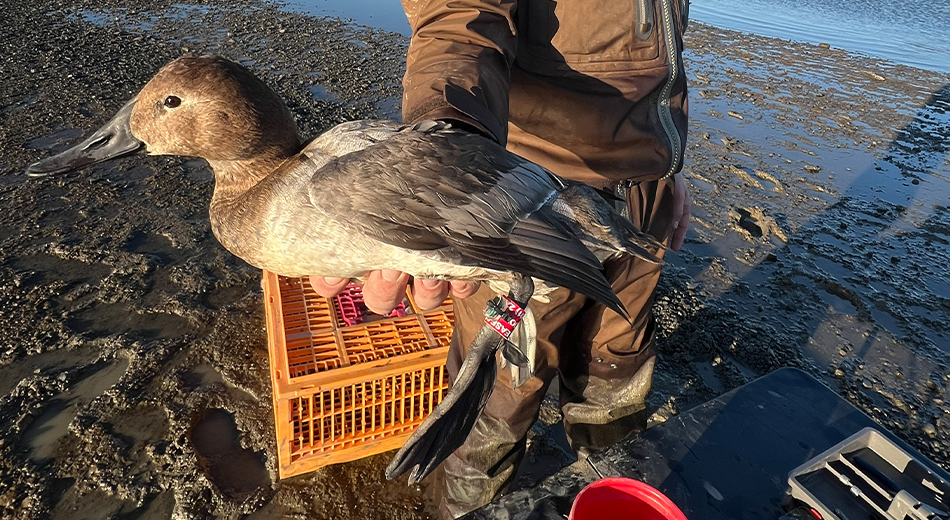
Canvasback Study Seeks Population ‘Sources’ and ‘S...
6/20/2025
Researchers began fitting hens with geolocator devices this spring
Read More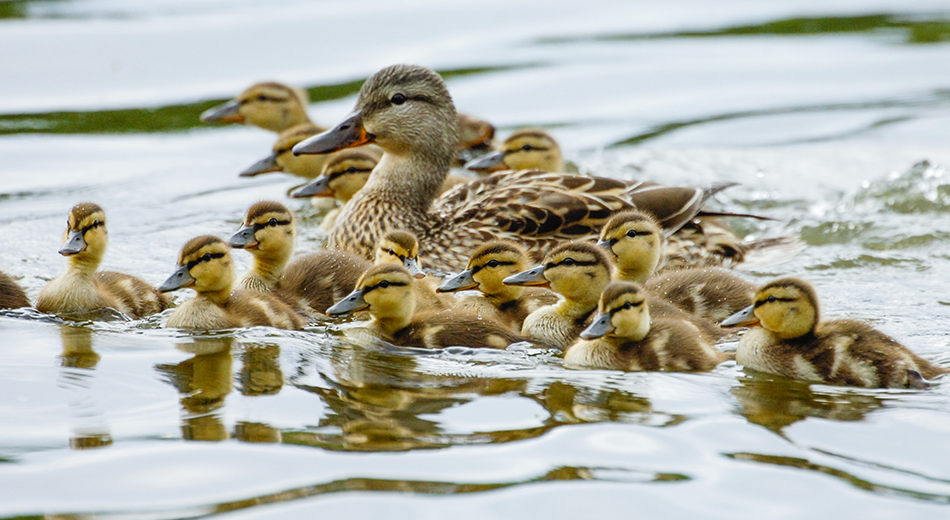
North Dakota Breeding Waterfowl Survey Shows Drier...
6/20/2025
North Dakota Game and Fish reports a 26% drop in mallards, while teal and pintail numbers also fell significantly
Read More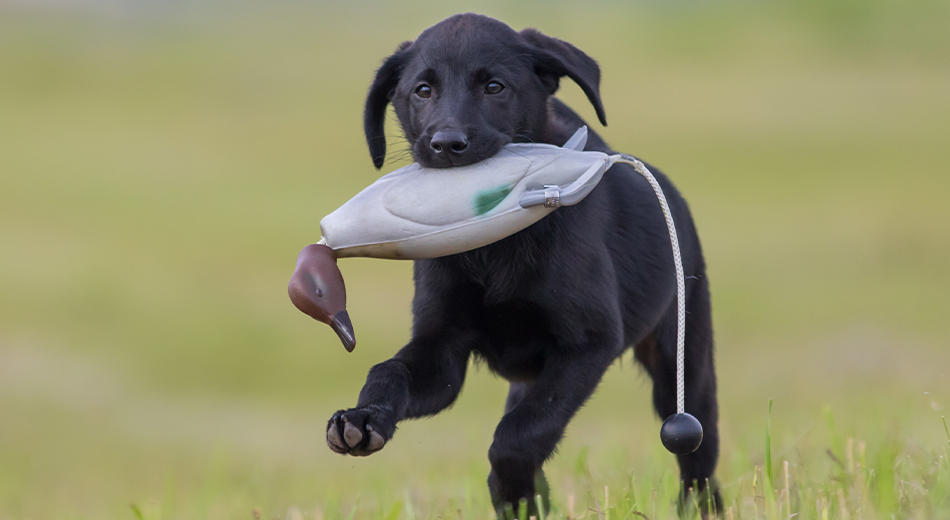
The Duck Hunter’s Guide to Picking A Puppy
6/18/2025
It’s a moment every waterfowl hunter loves … and dreads. You’re in a clean, well-lit kennel building or a grassy backyard with a 3-foot tall wire playpen
Read More
USFWS Annual Proposal Includes Expansion of Huntin...
6/12/2025
Vigorous Duck Production, HunteR3, and other Delta-supported efforts continue across the United States and Canada
Read More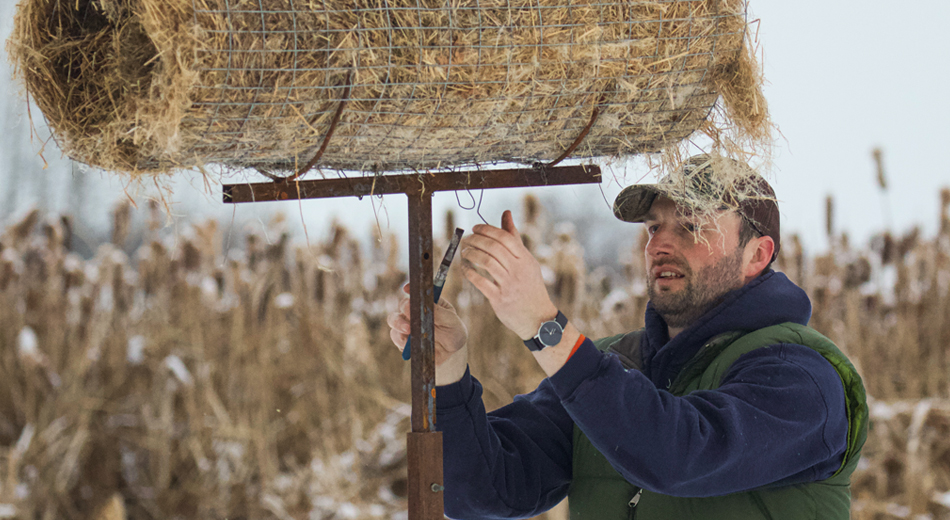
Delta Waterfowl Duck Production Program Gets Boost...
6/11/2025
APOS support will fund the installation of 400 new Hen Houses to increase mallard populations
Read MoreGet Involved
Check out all our upcoming events for a chance to connect with local duck hunters
